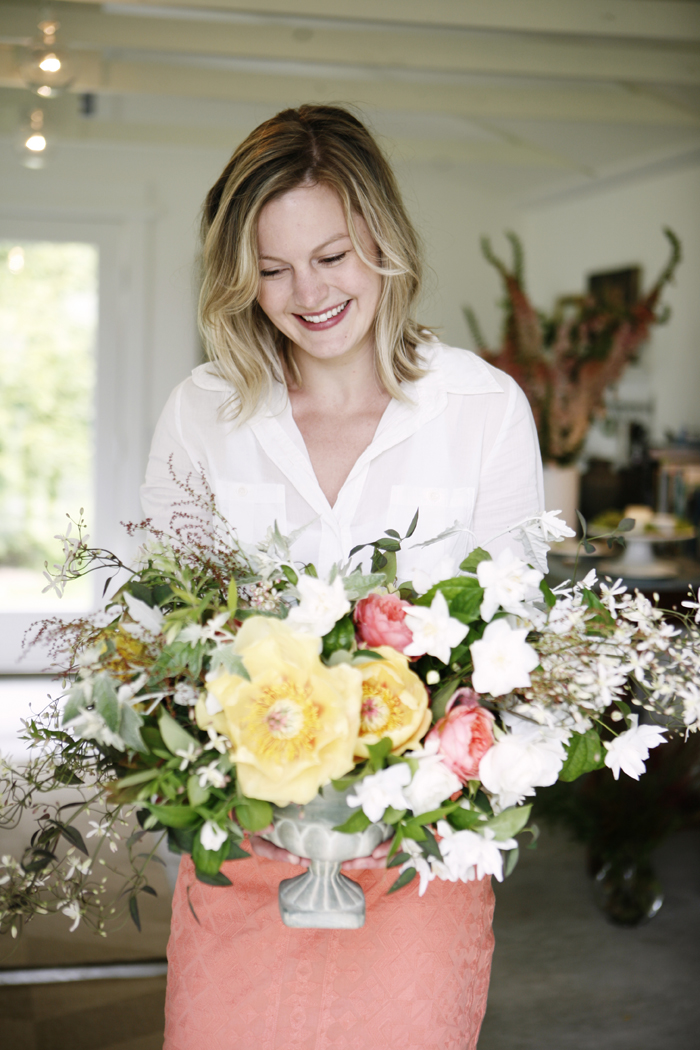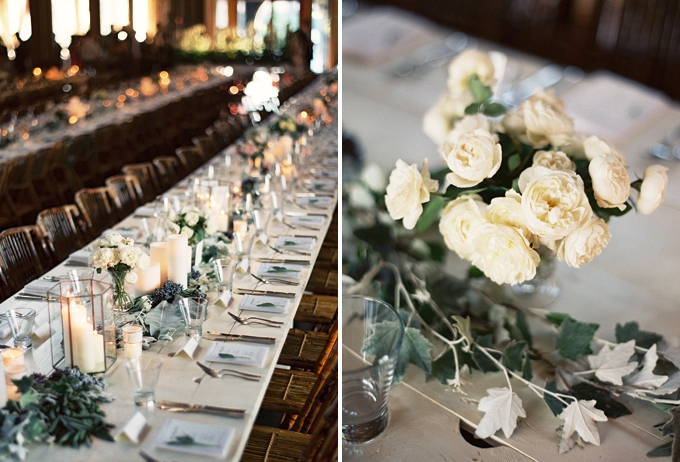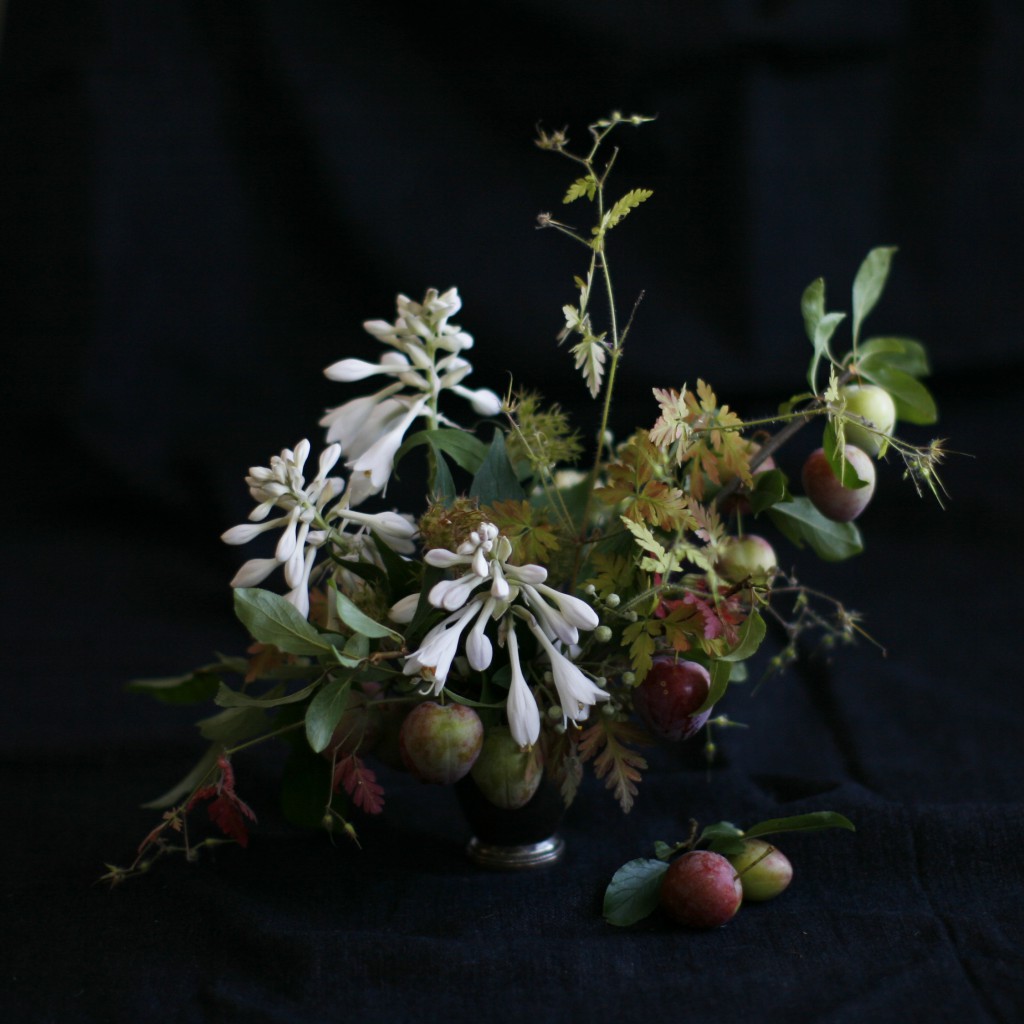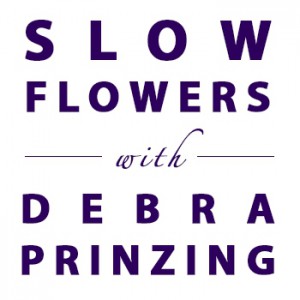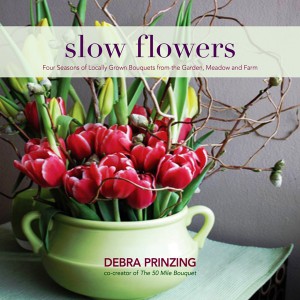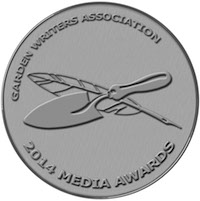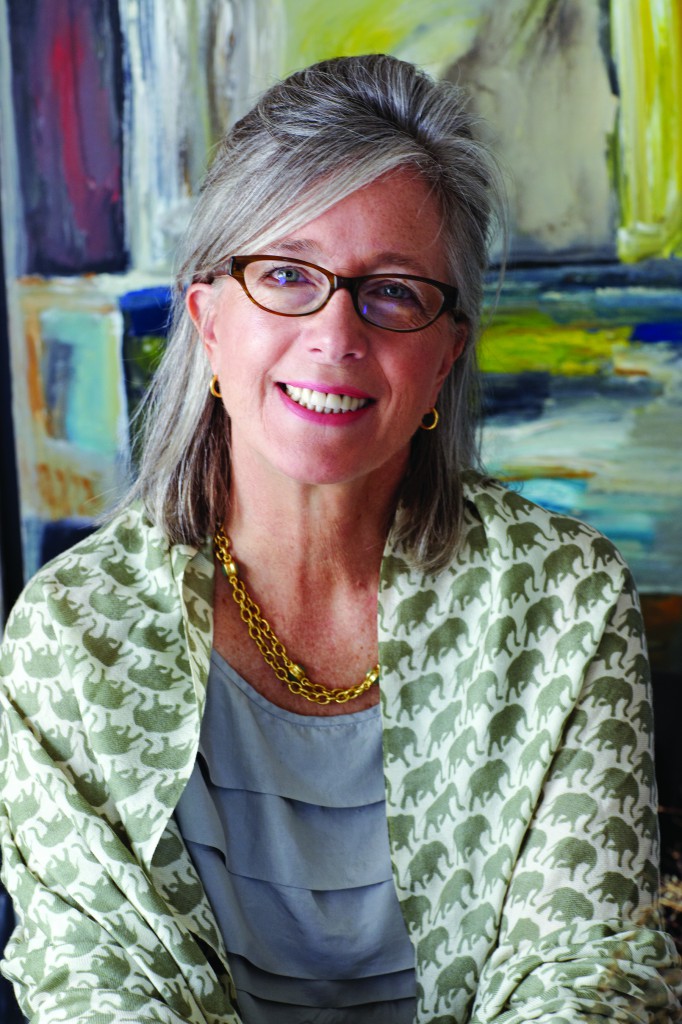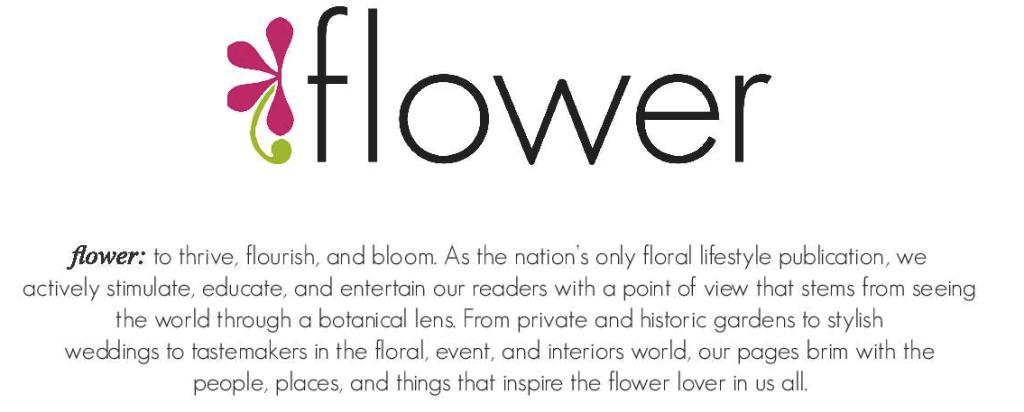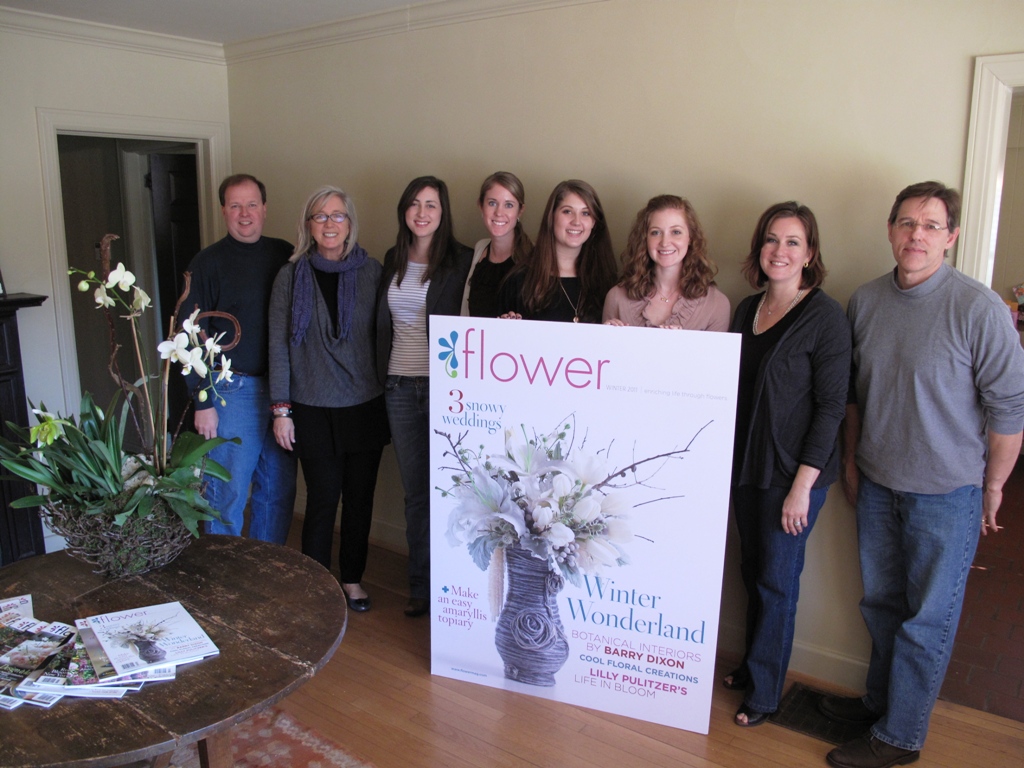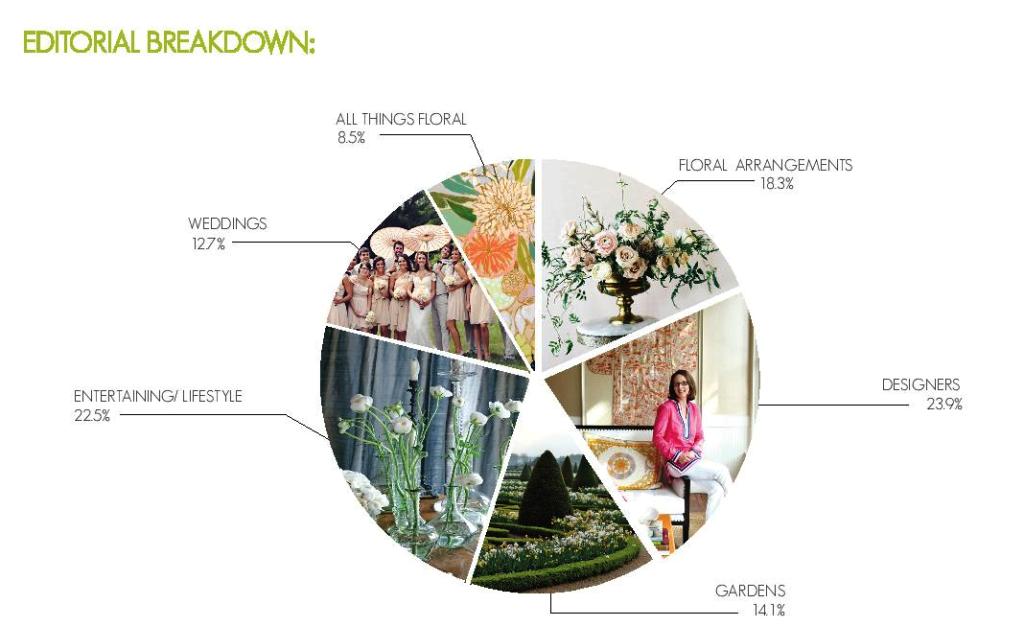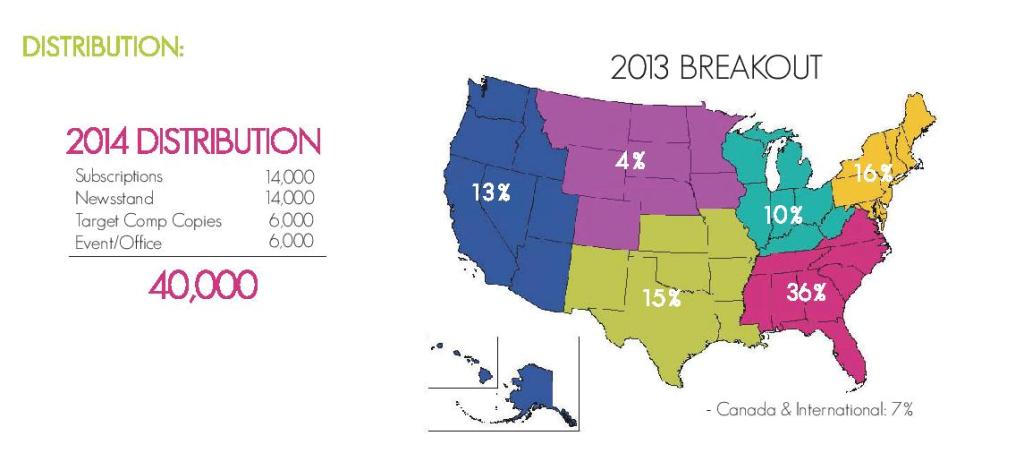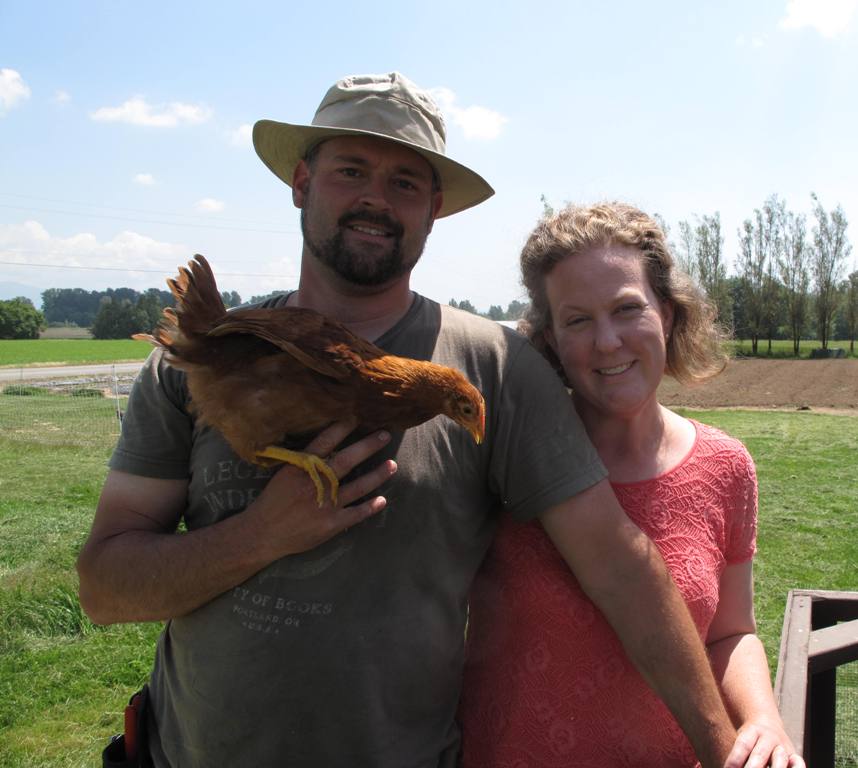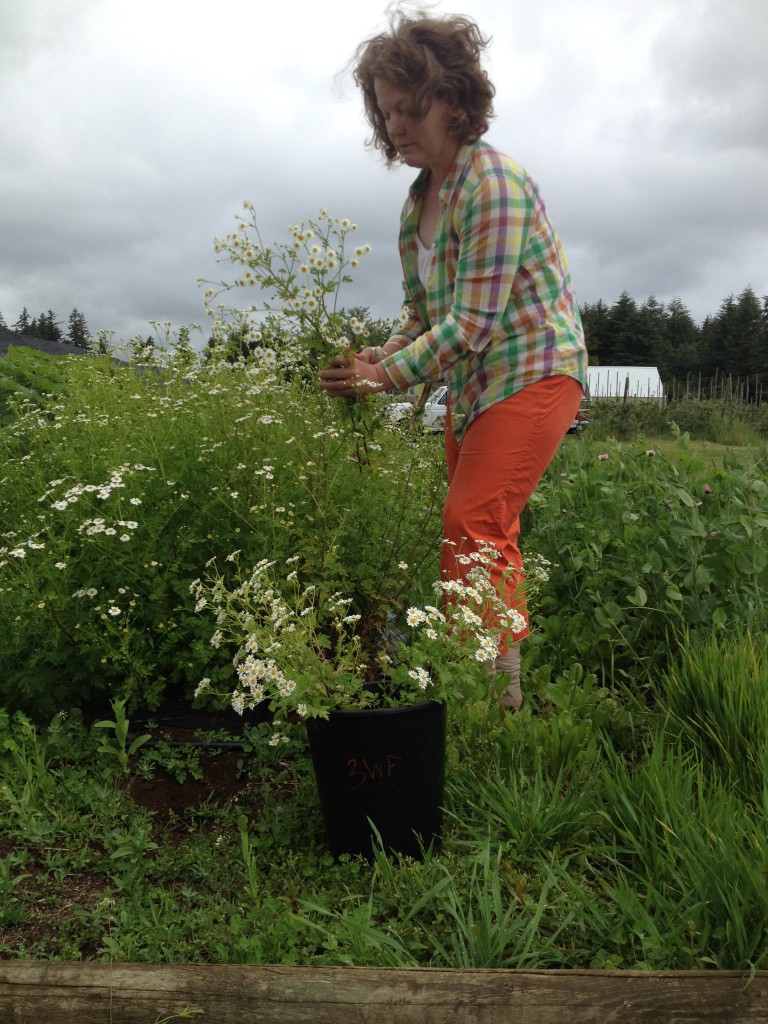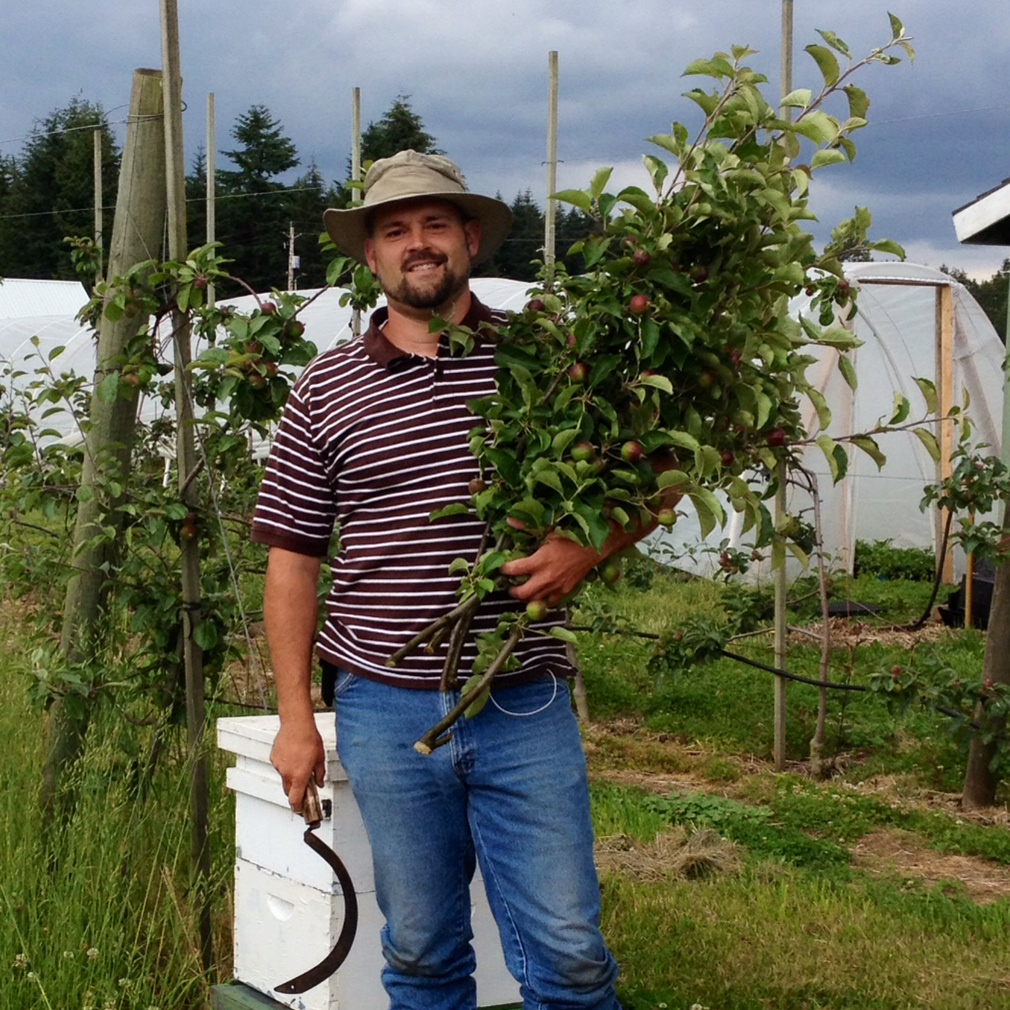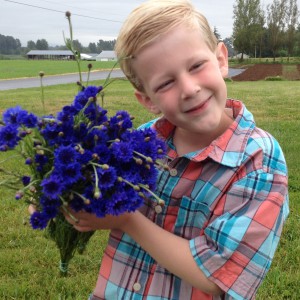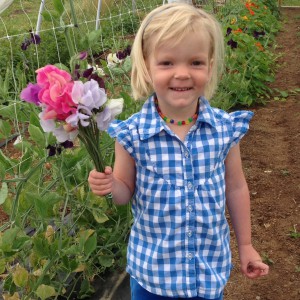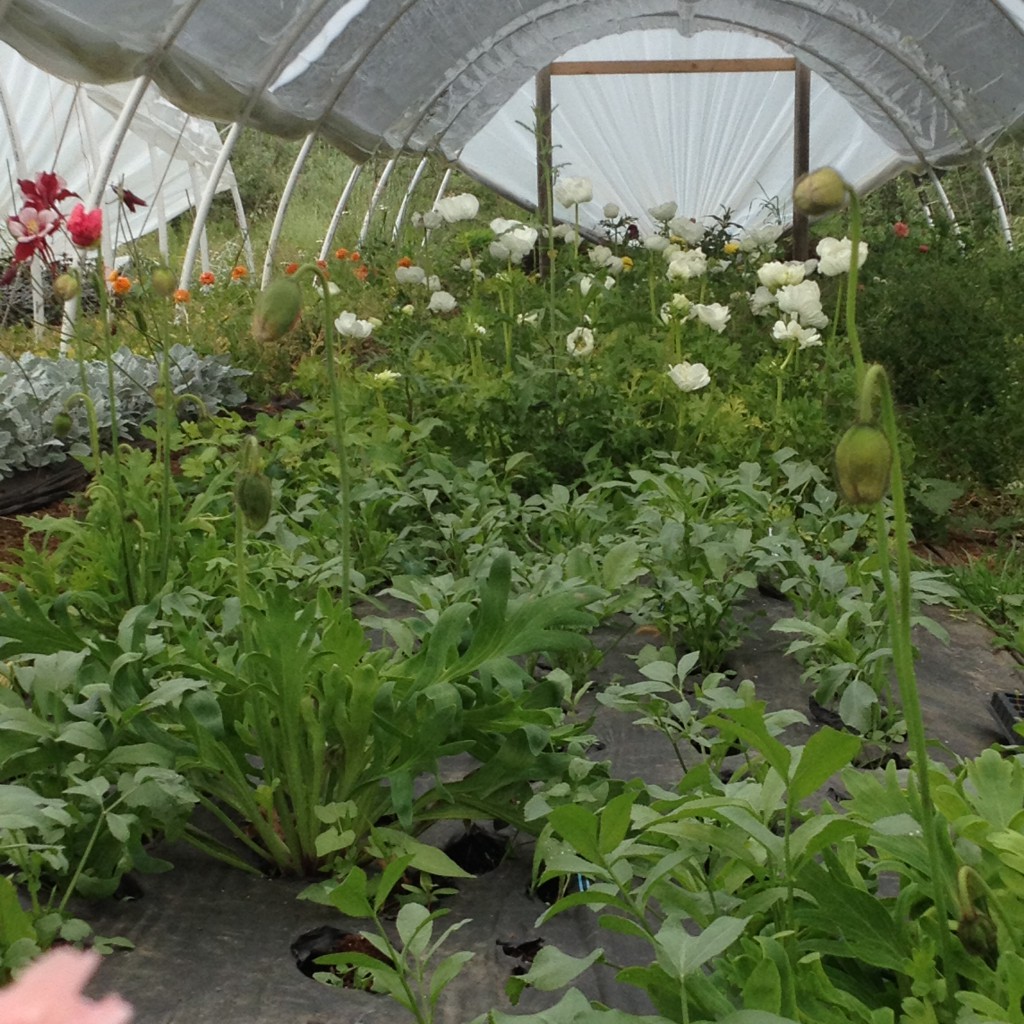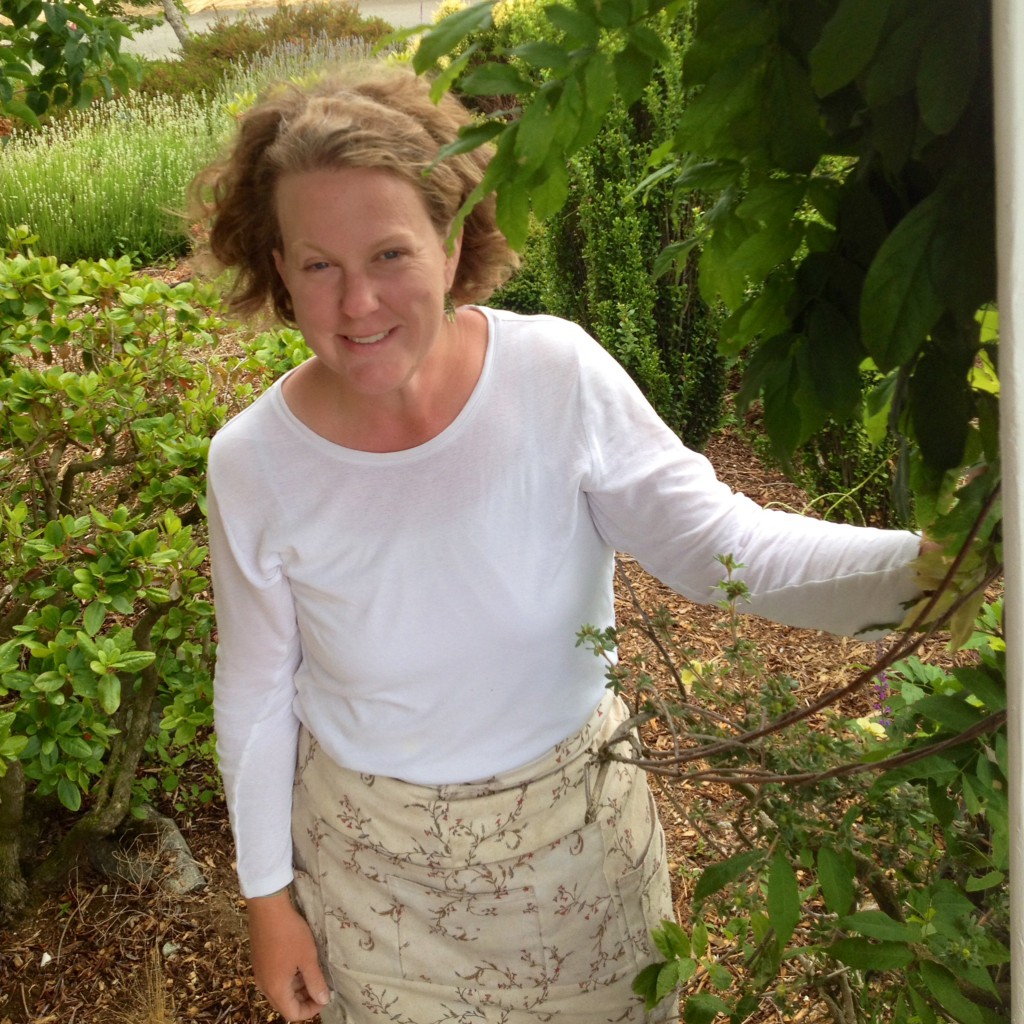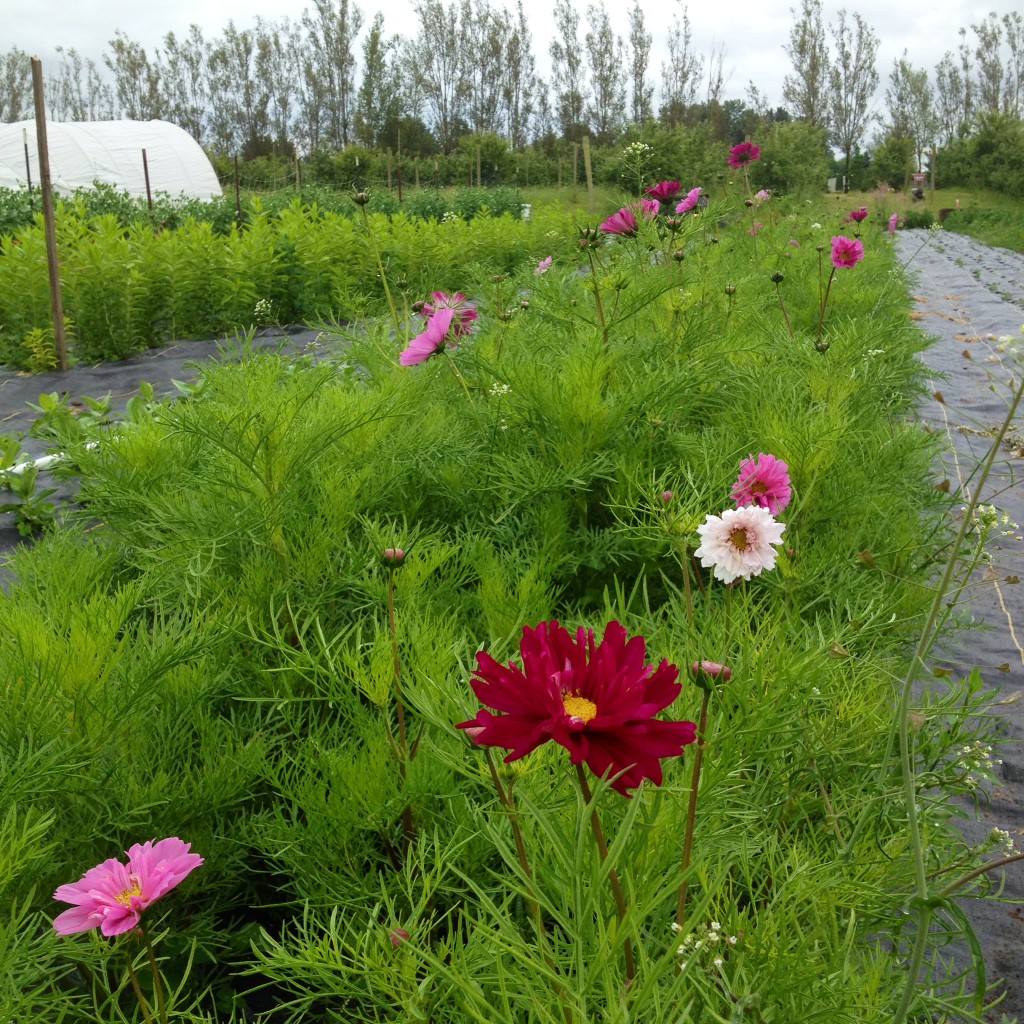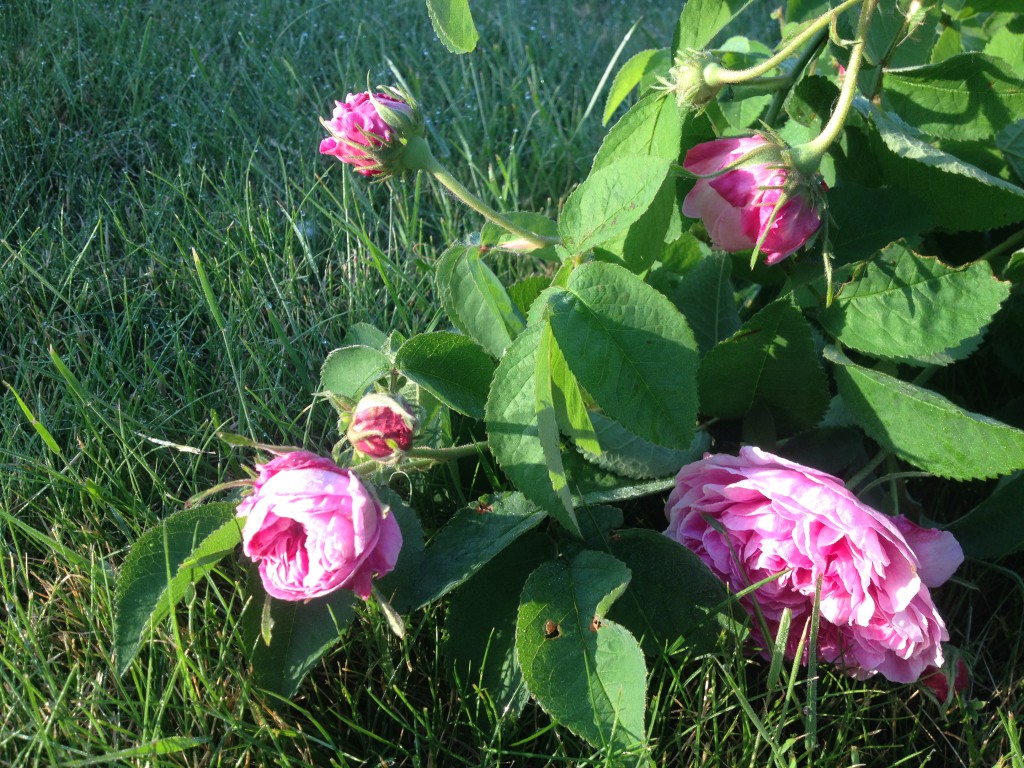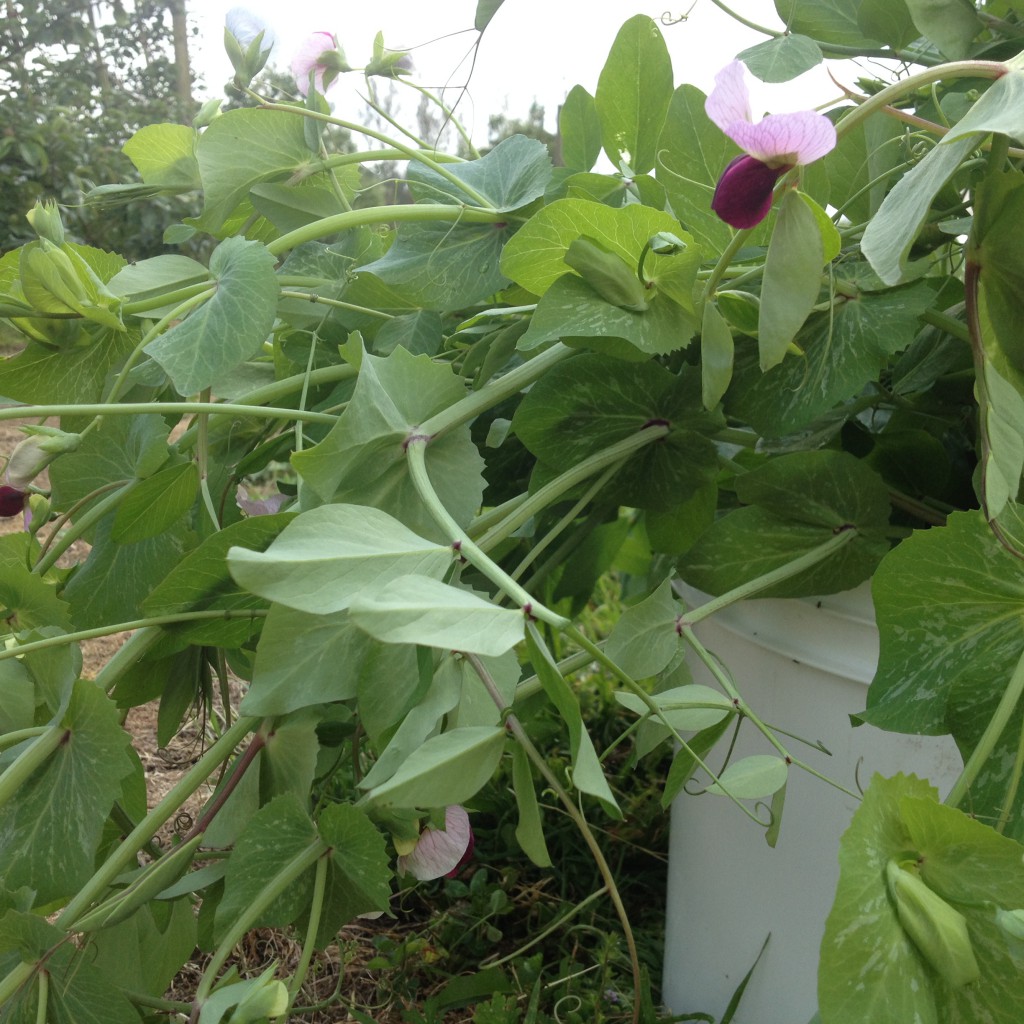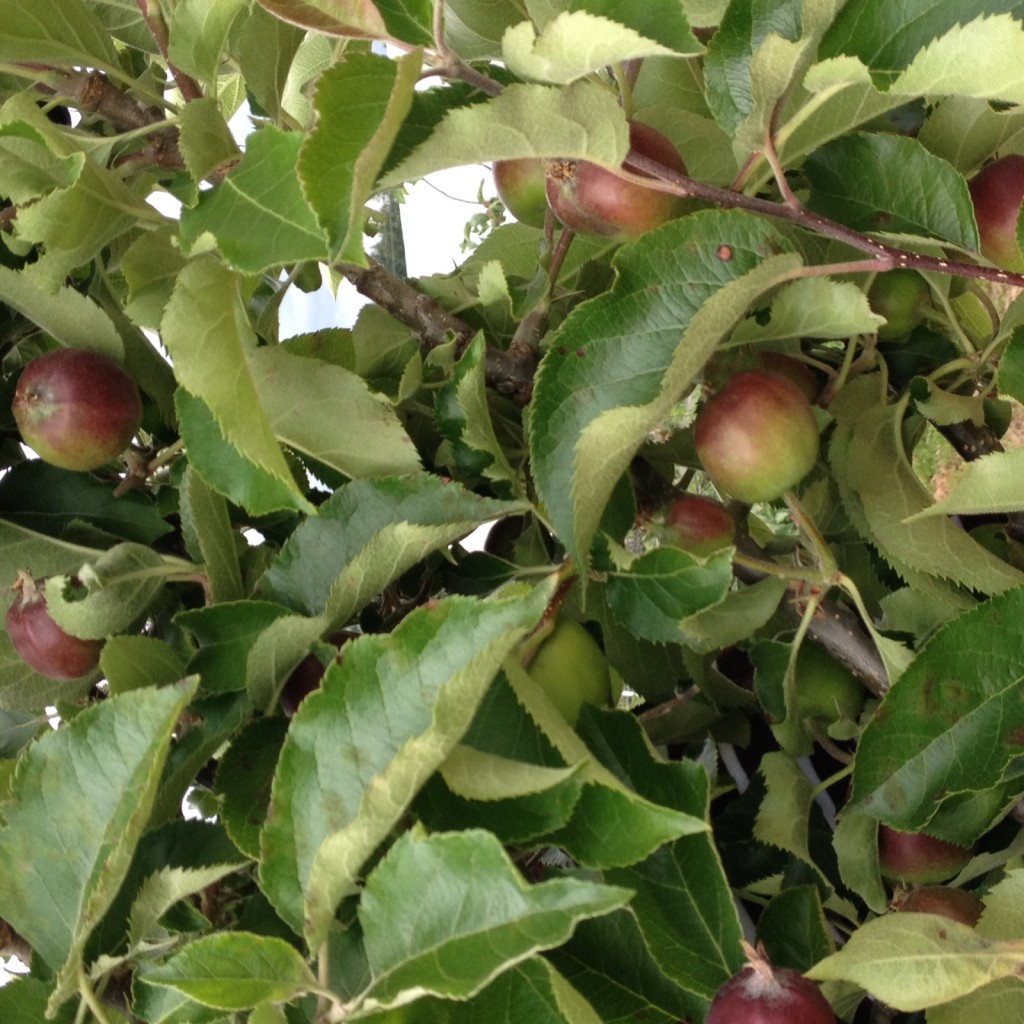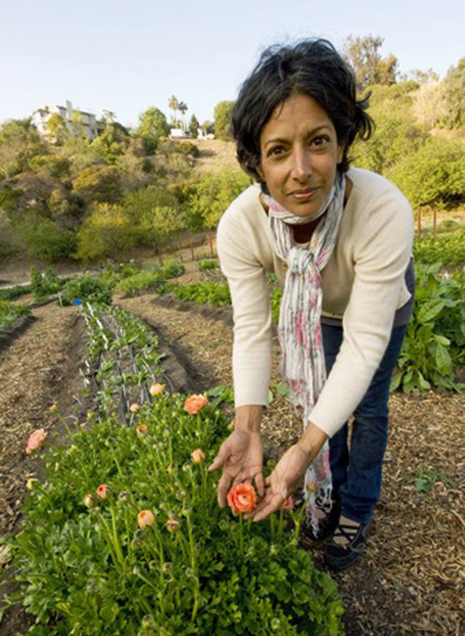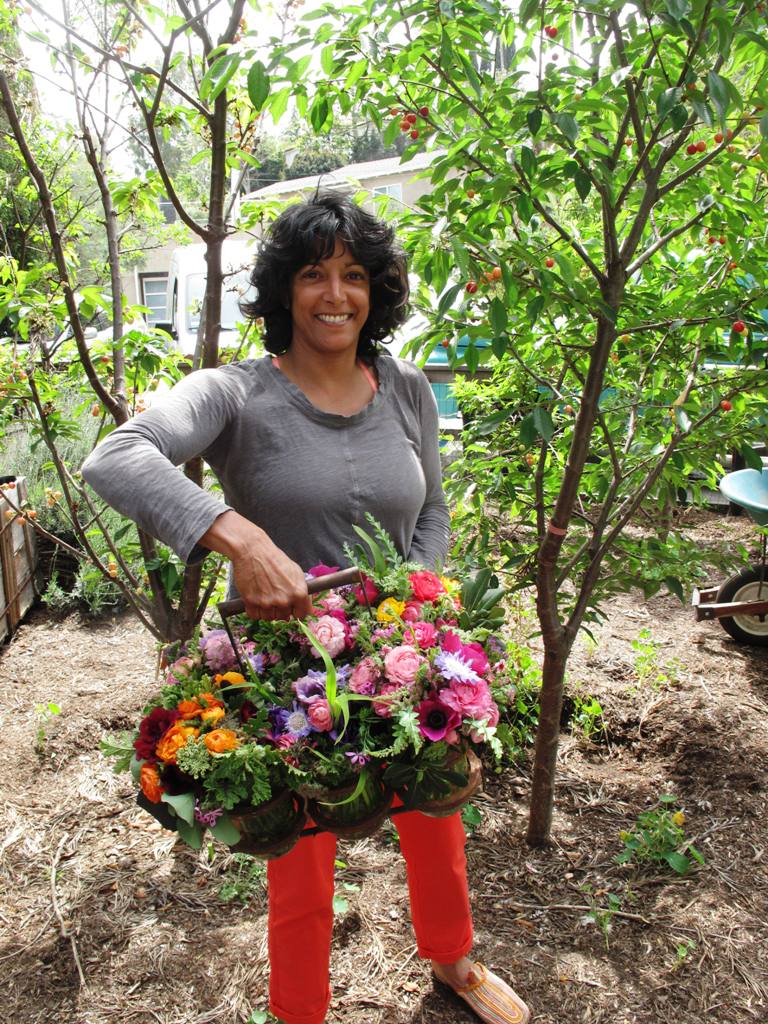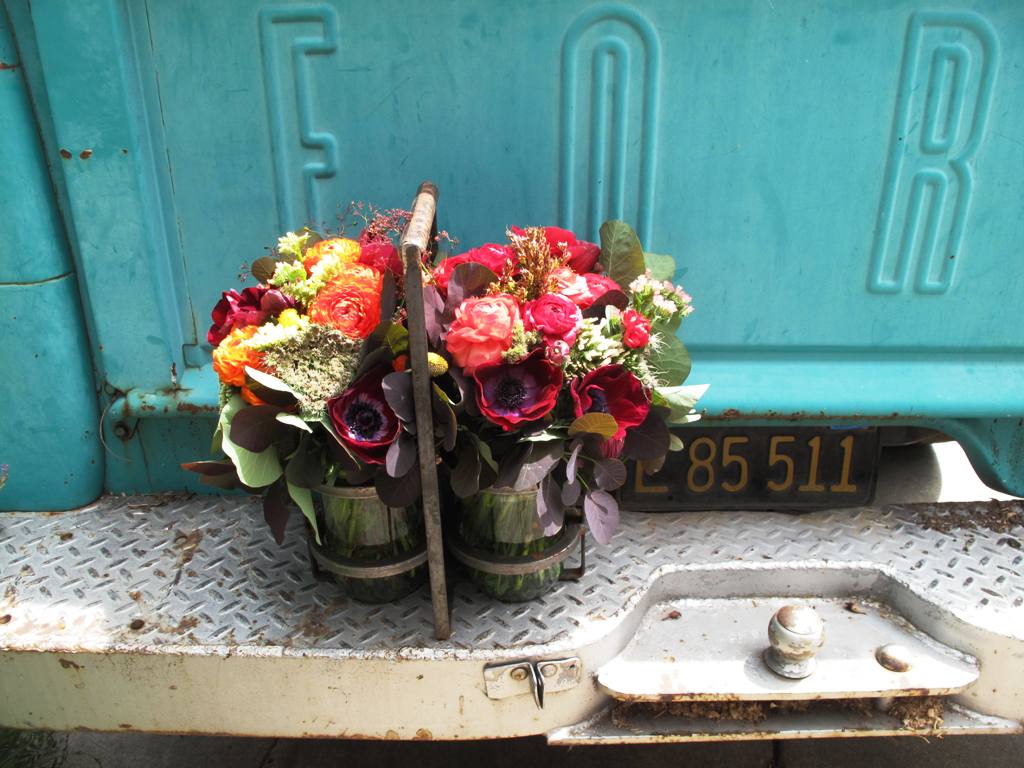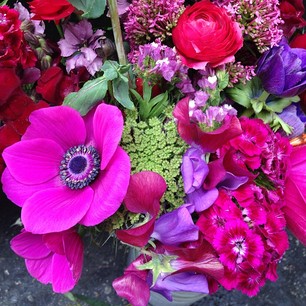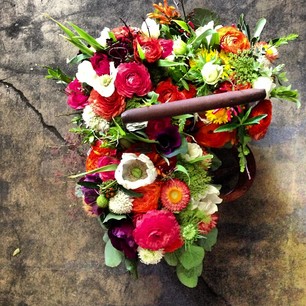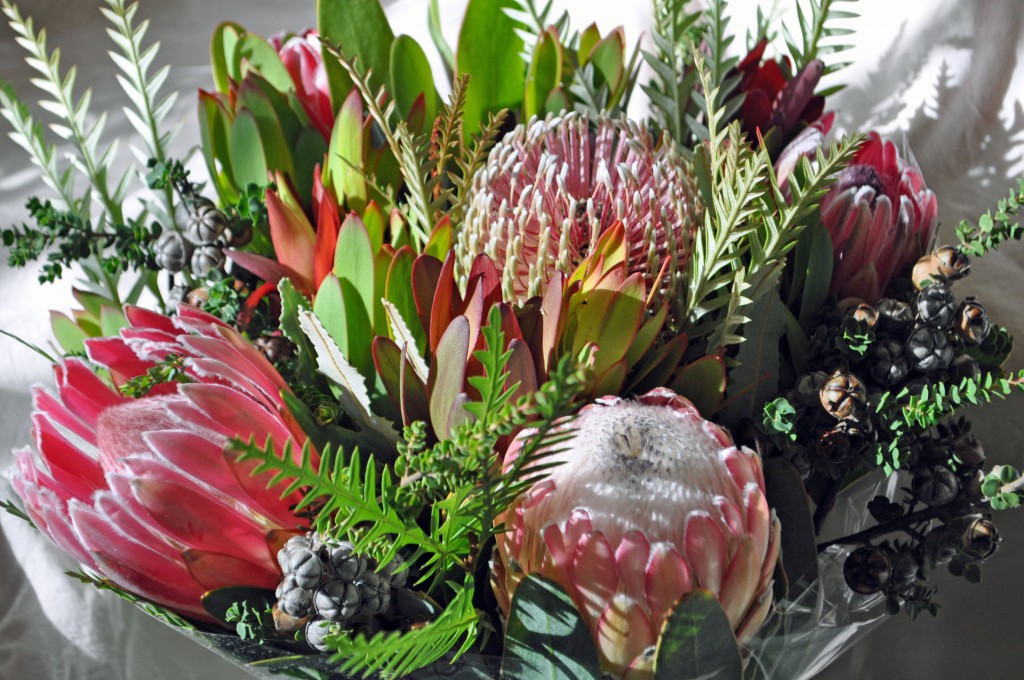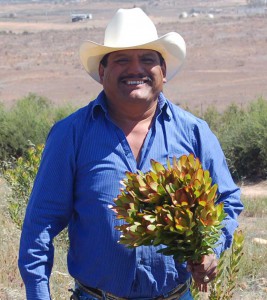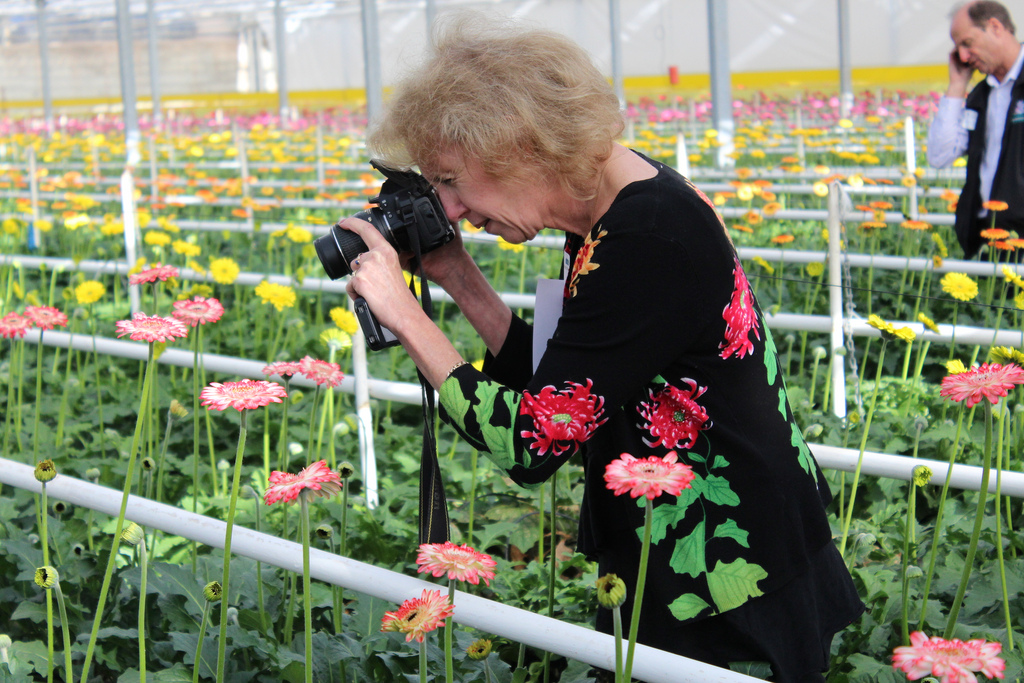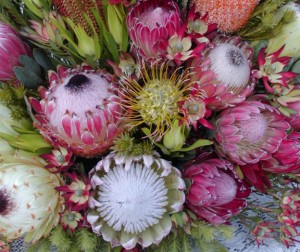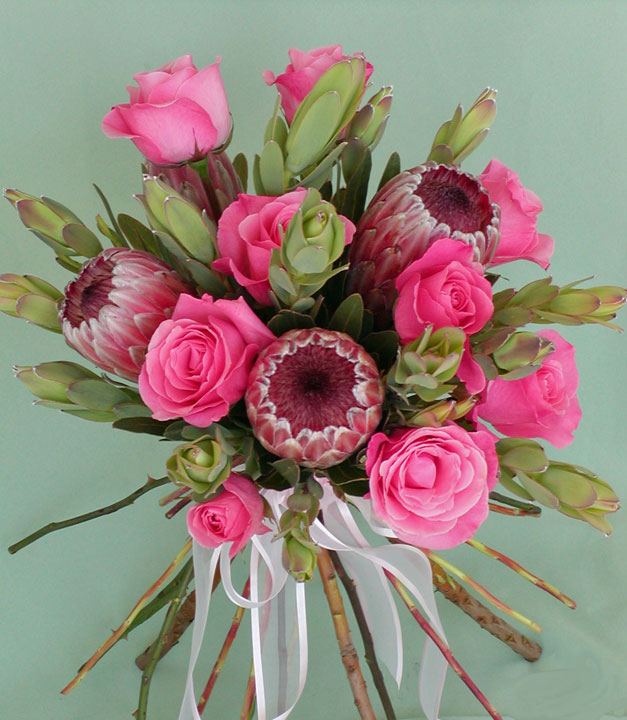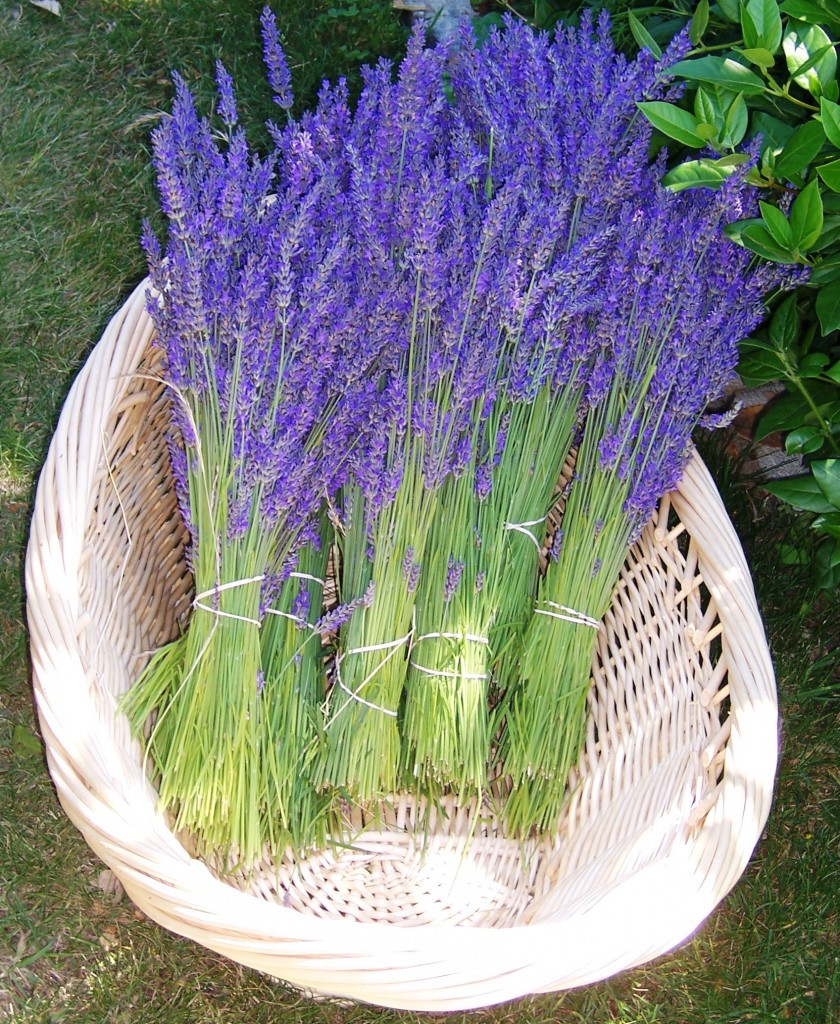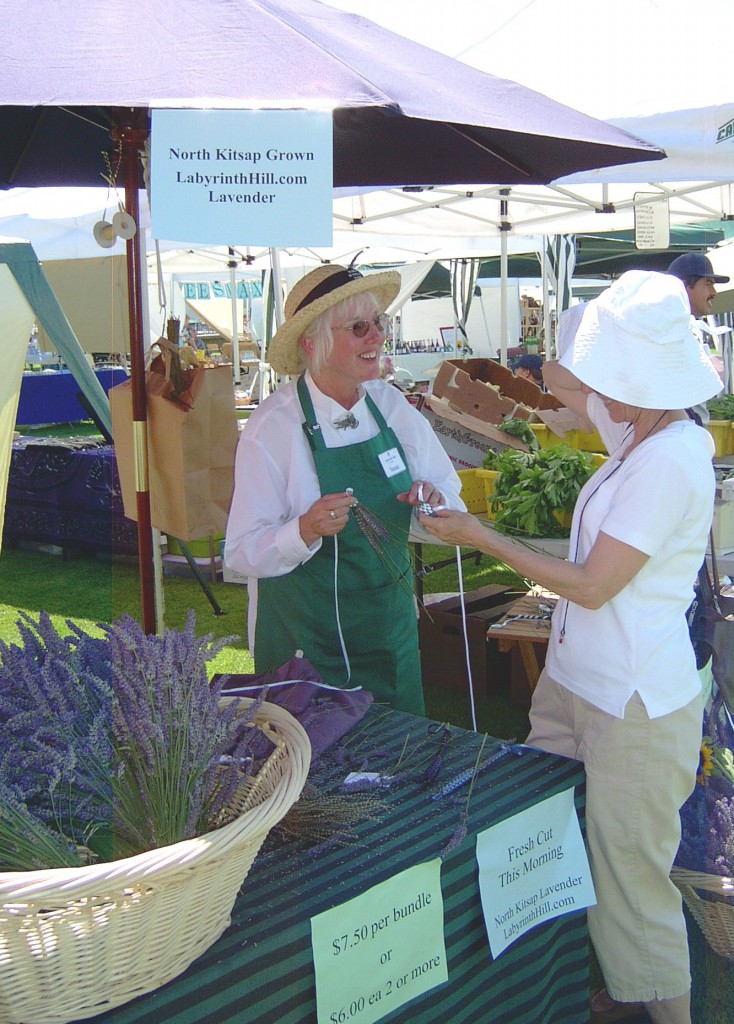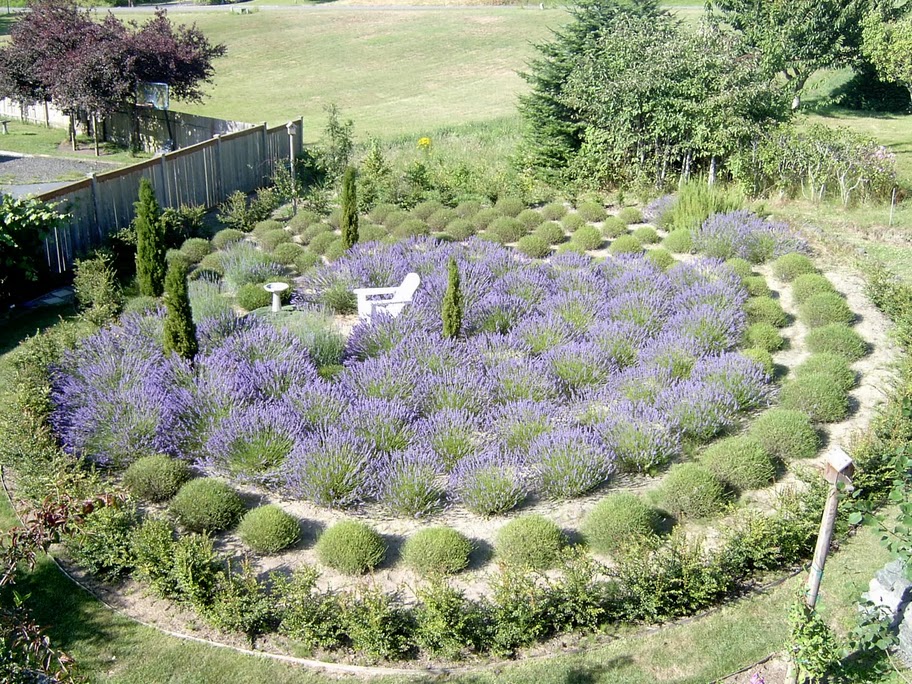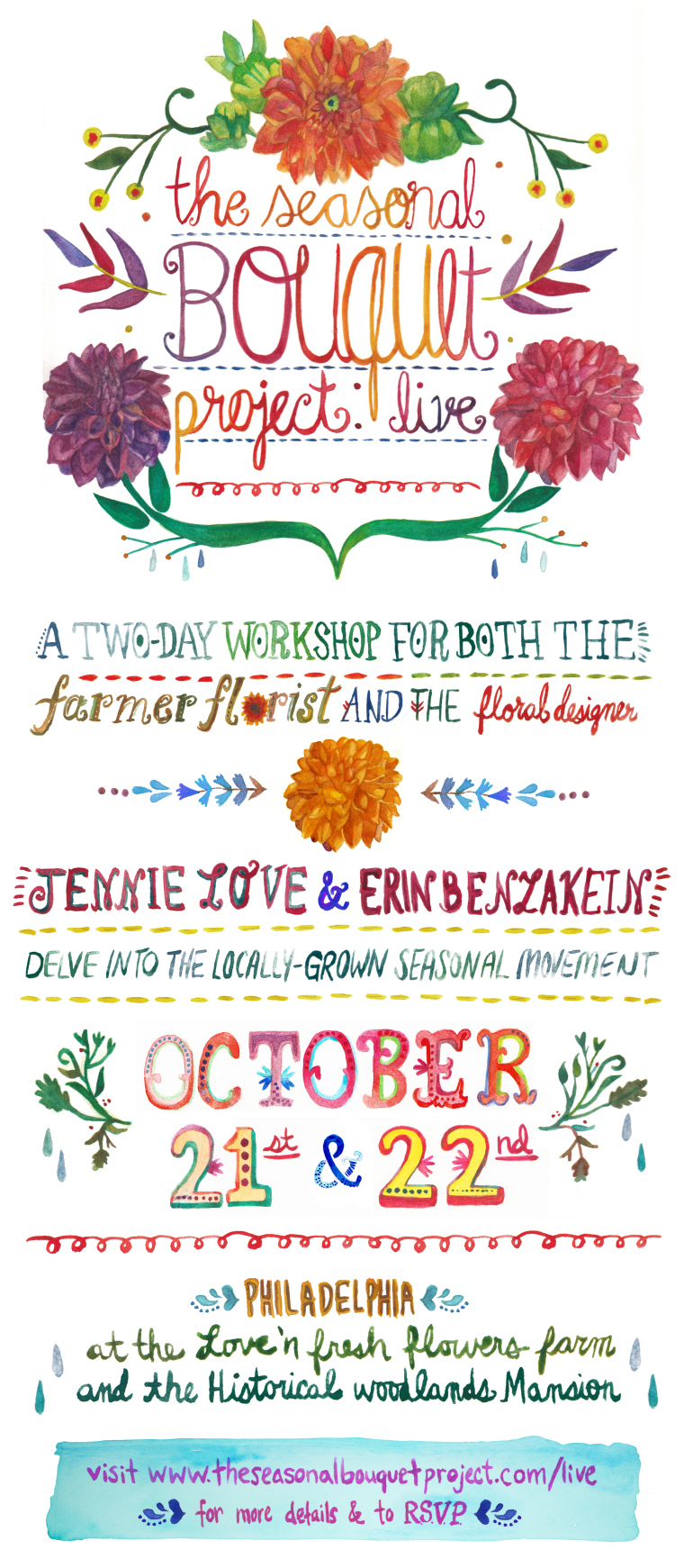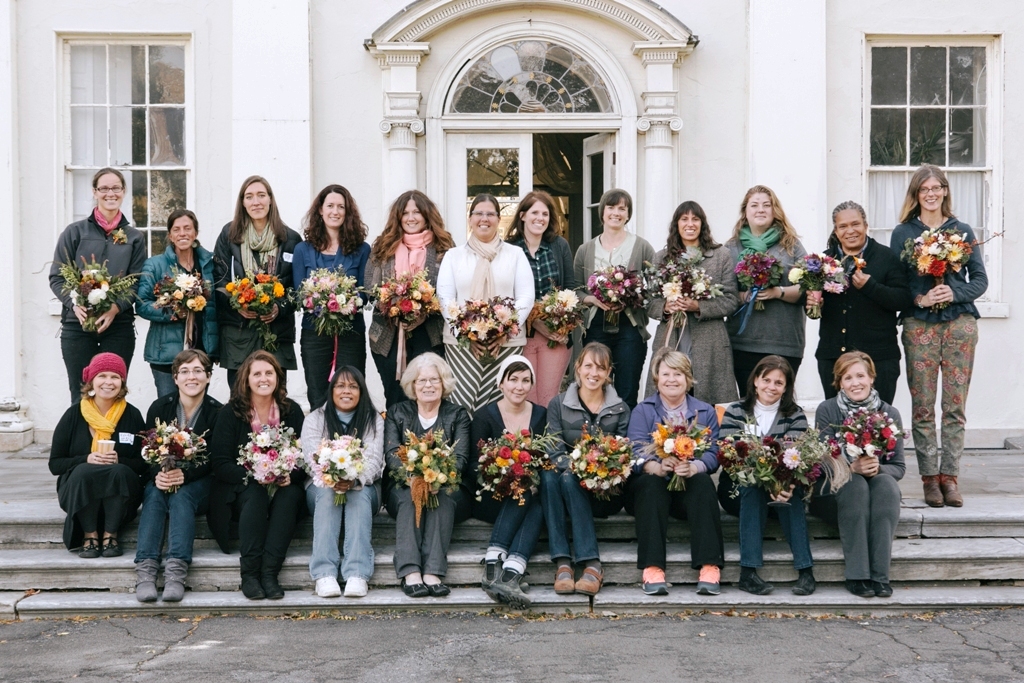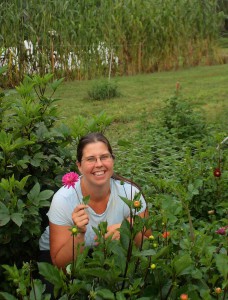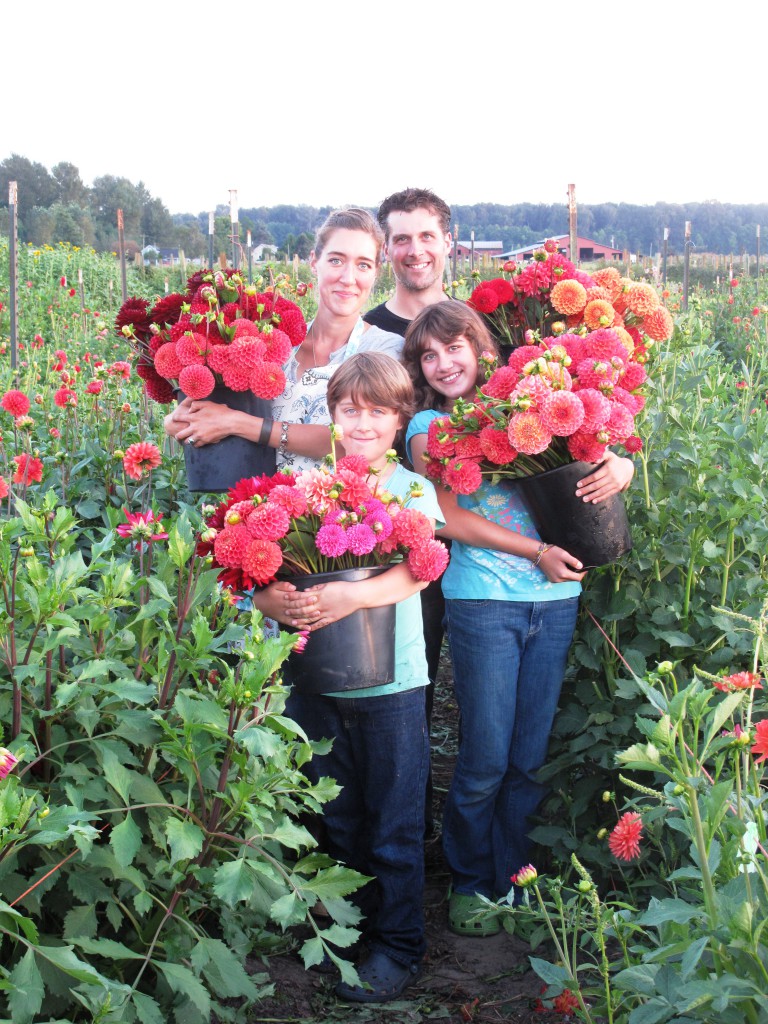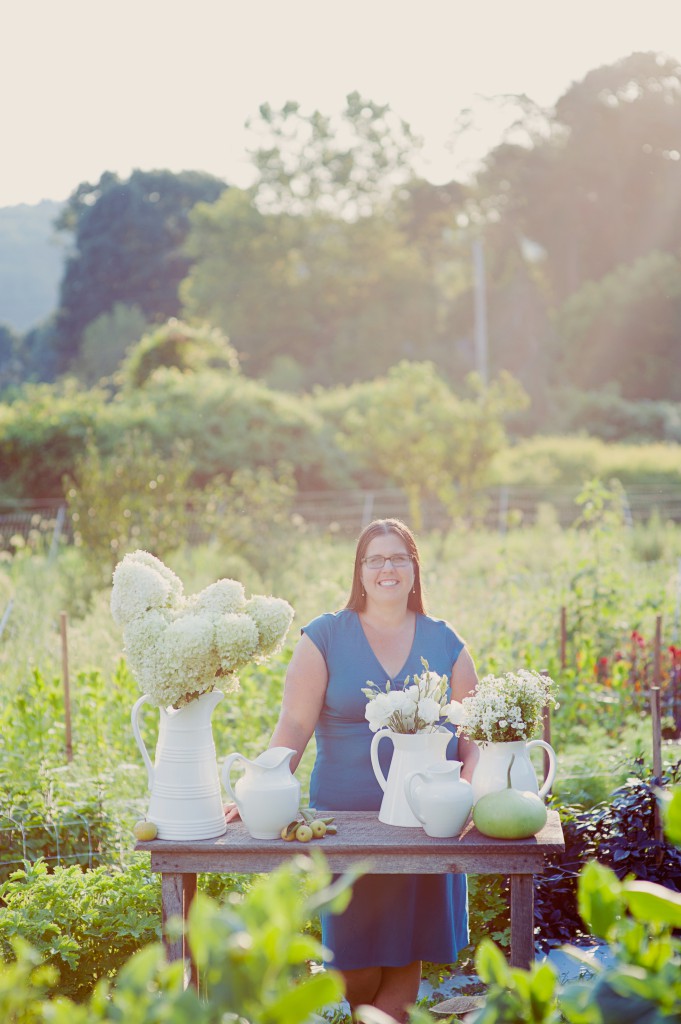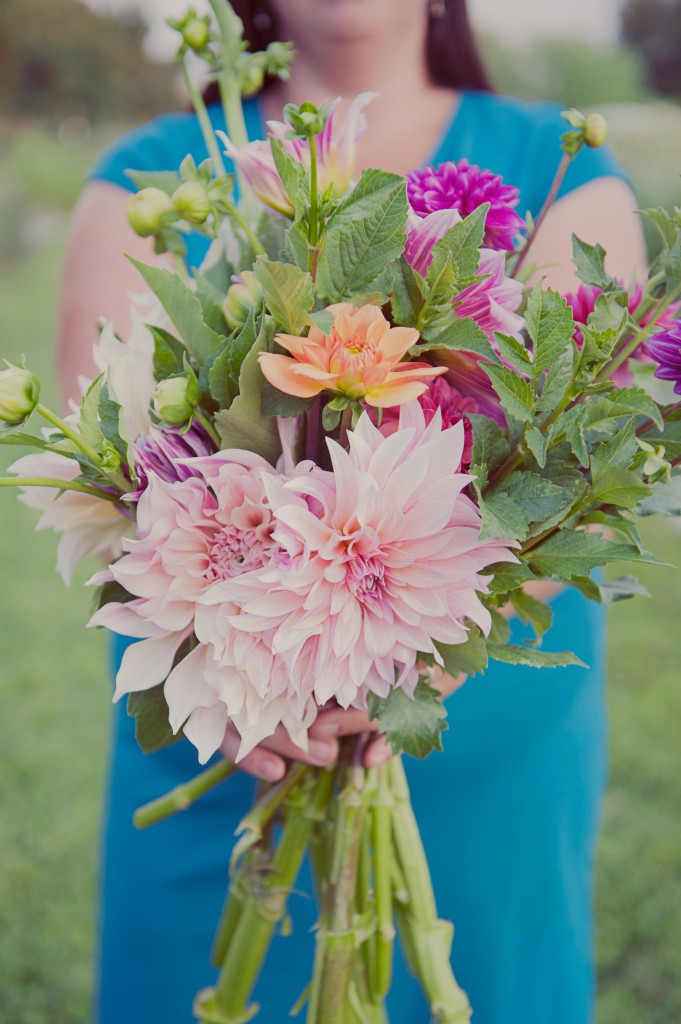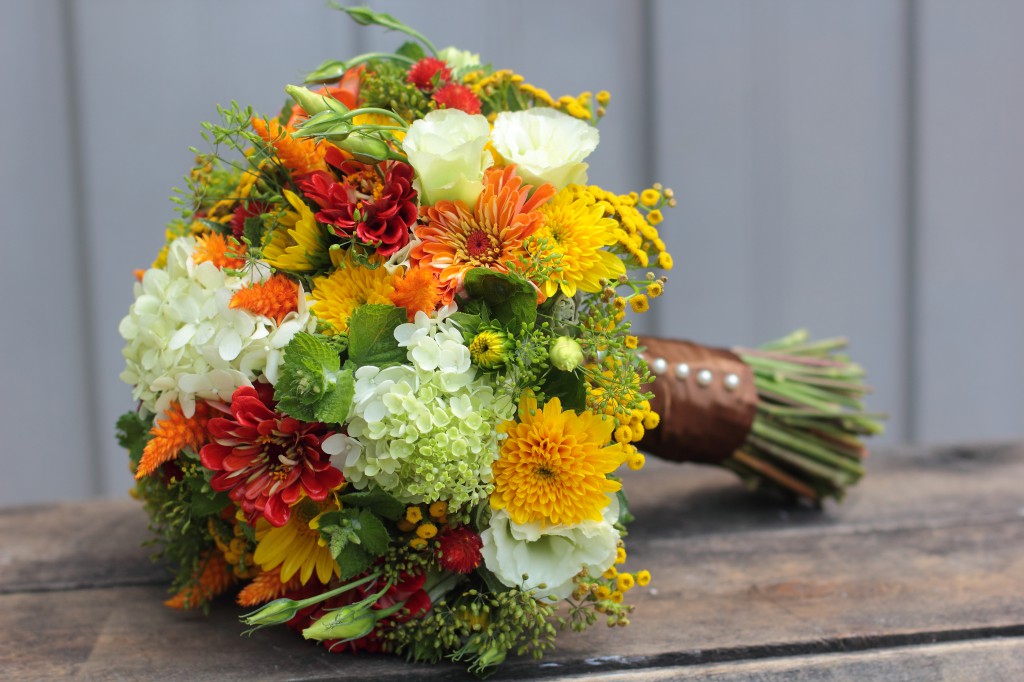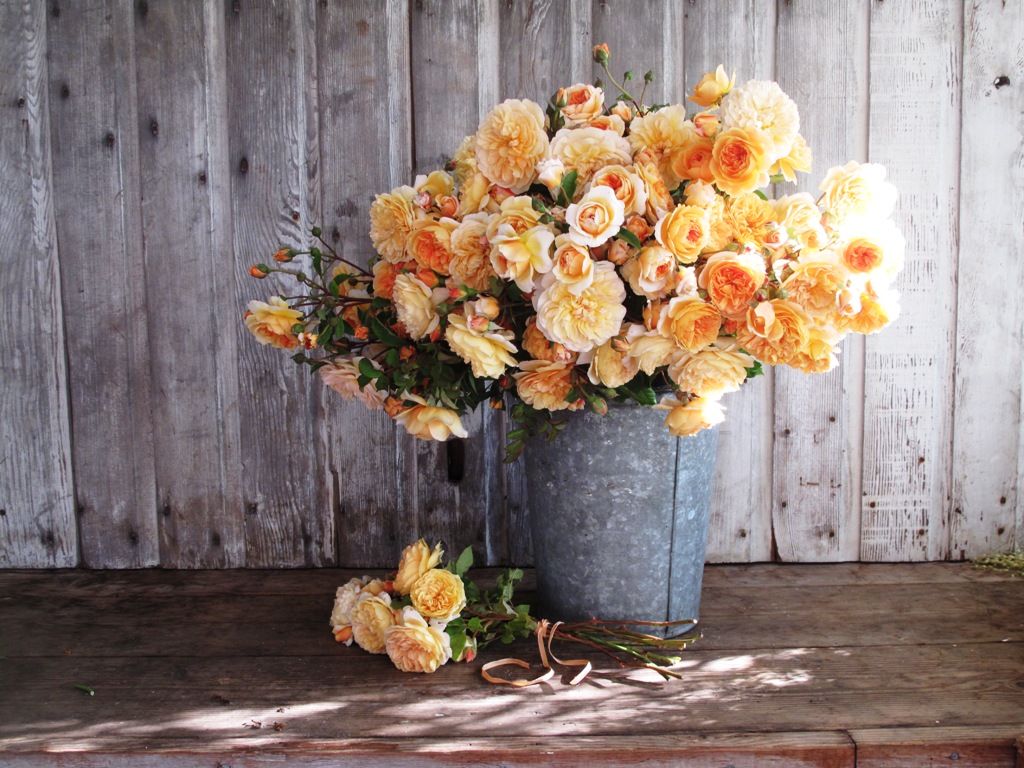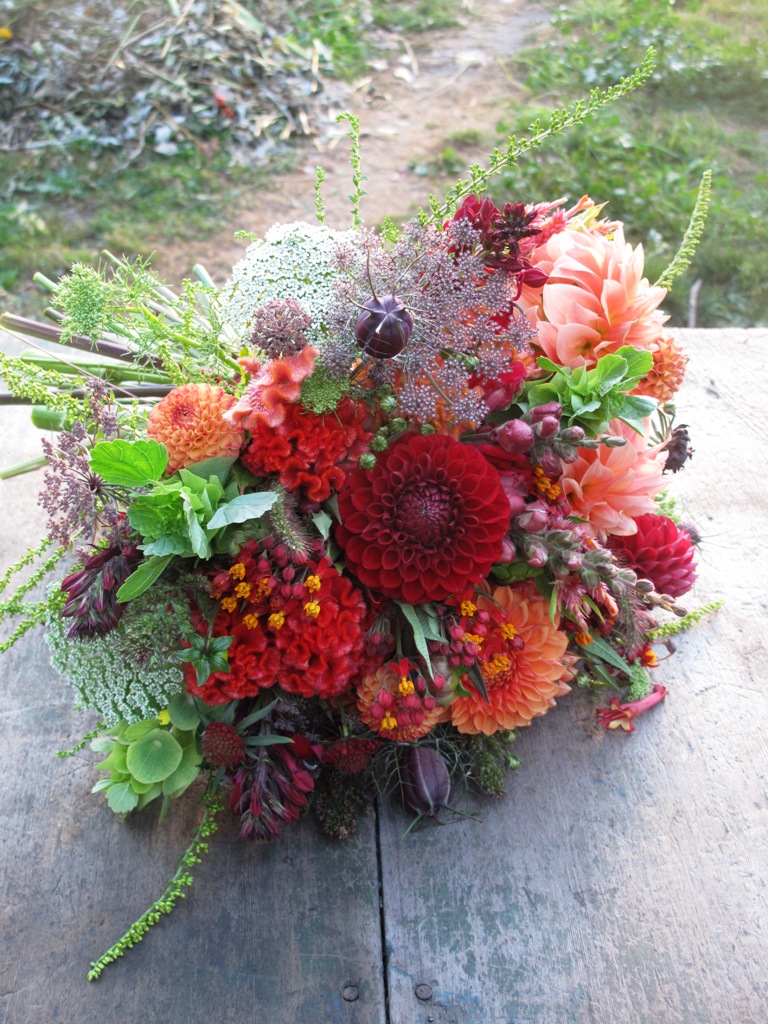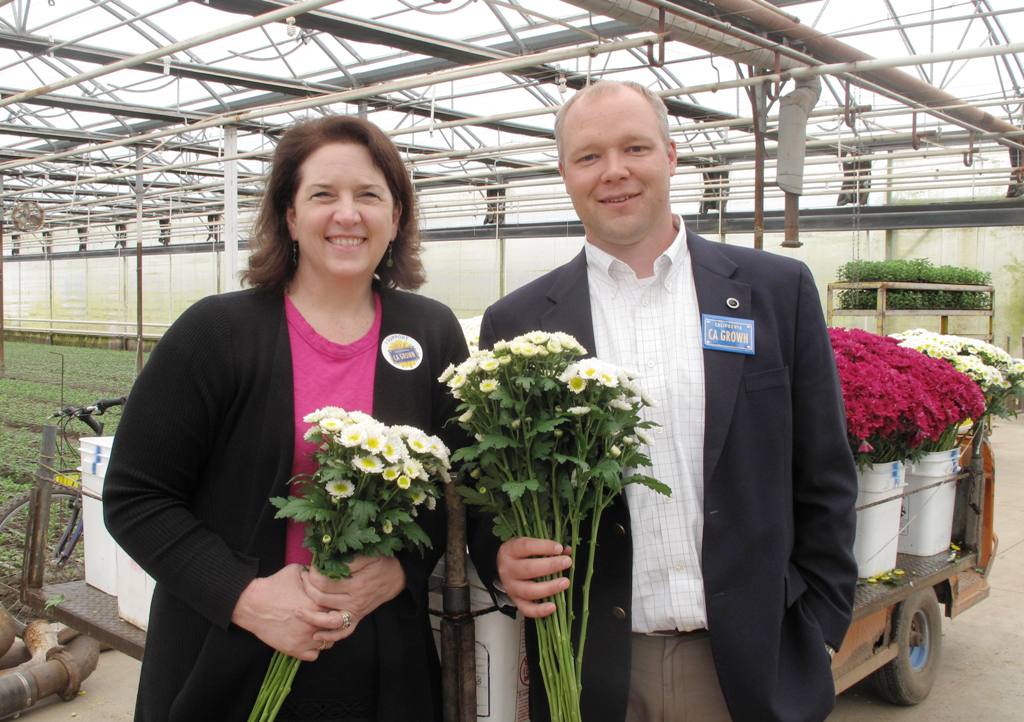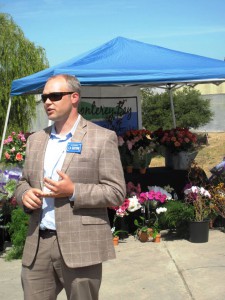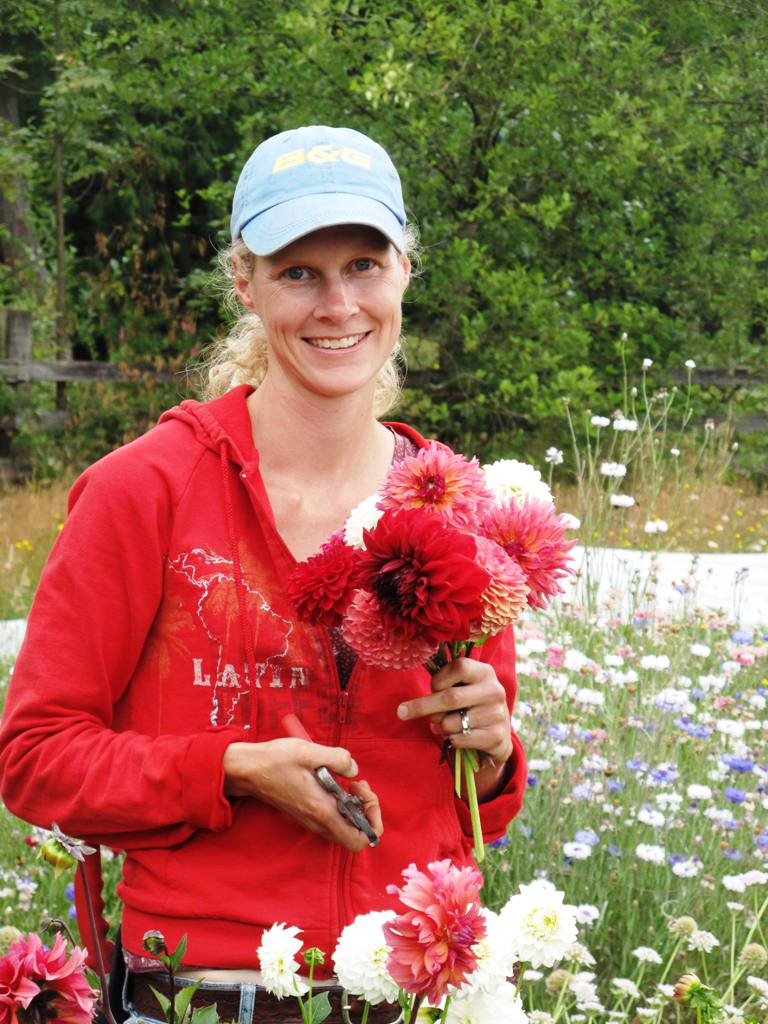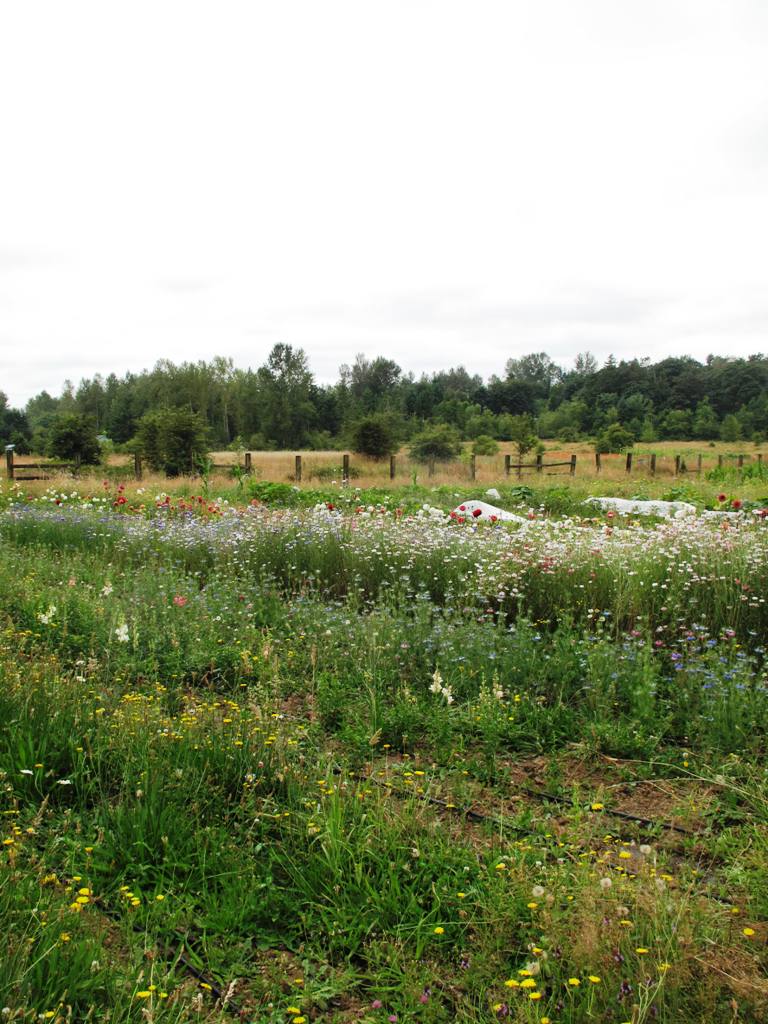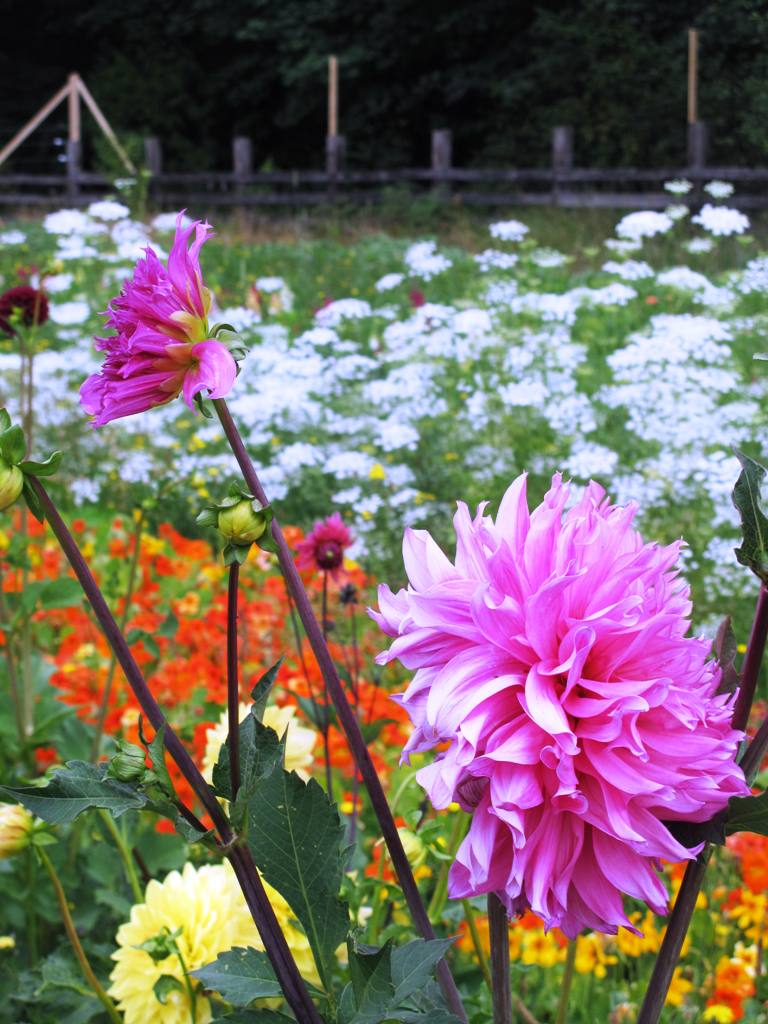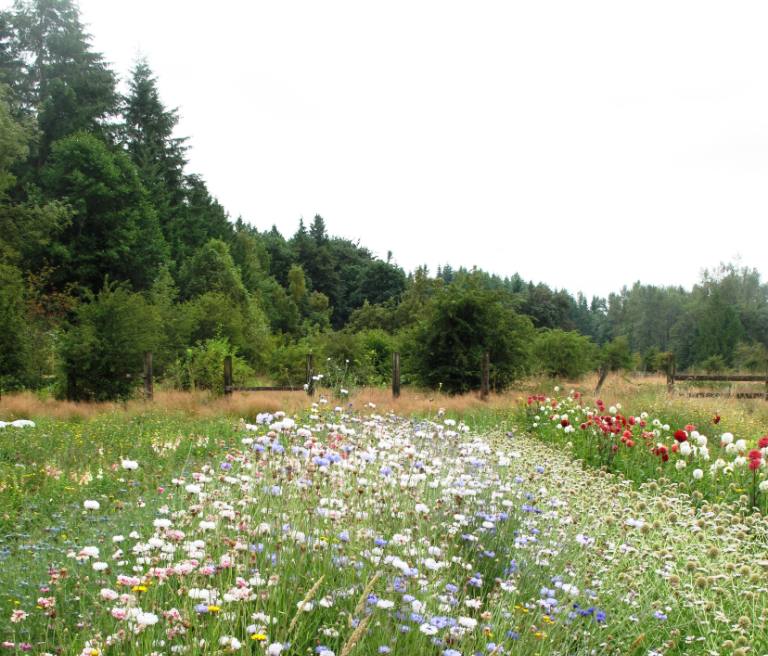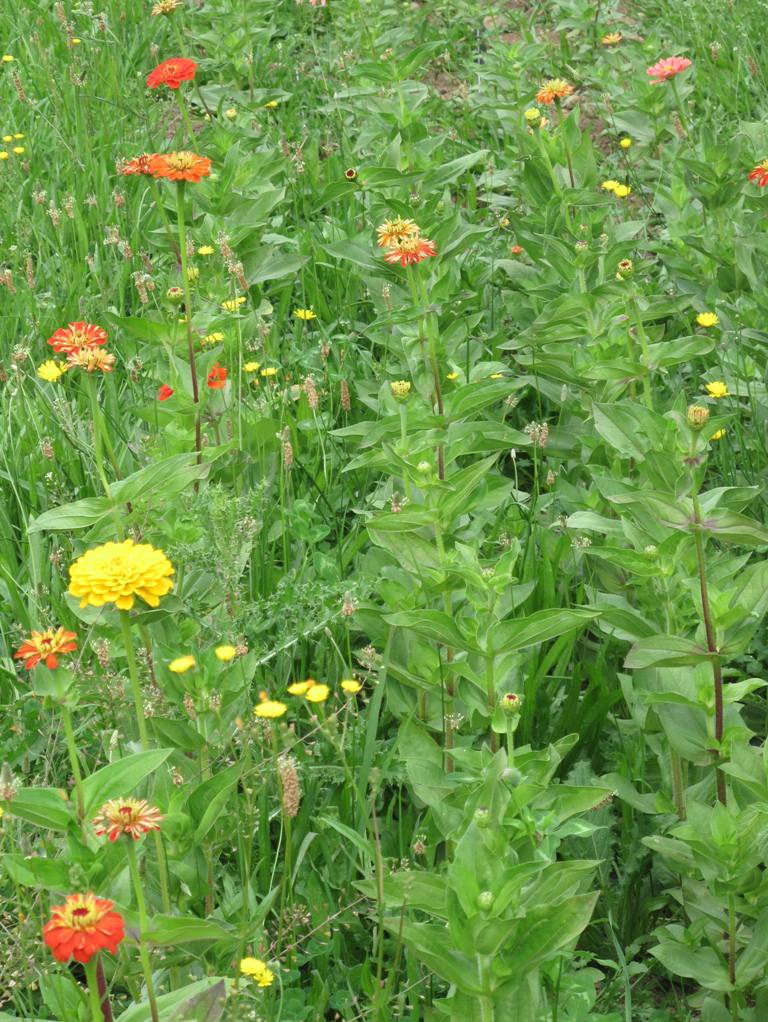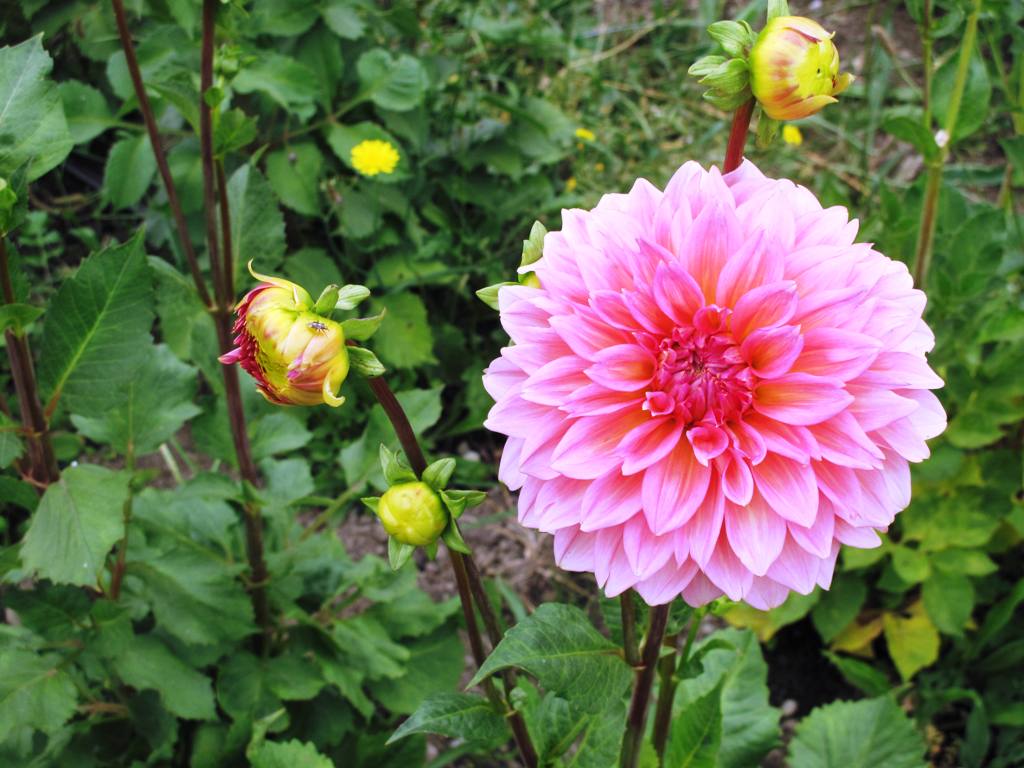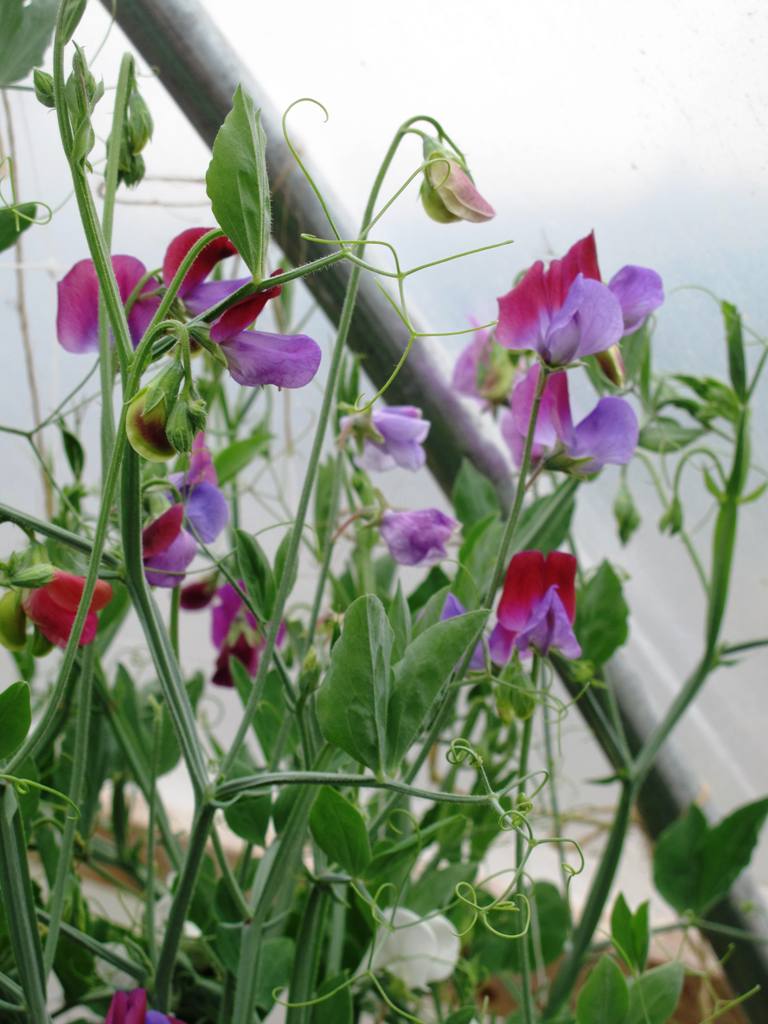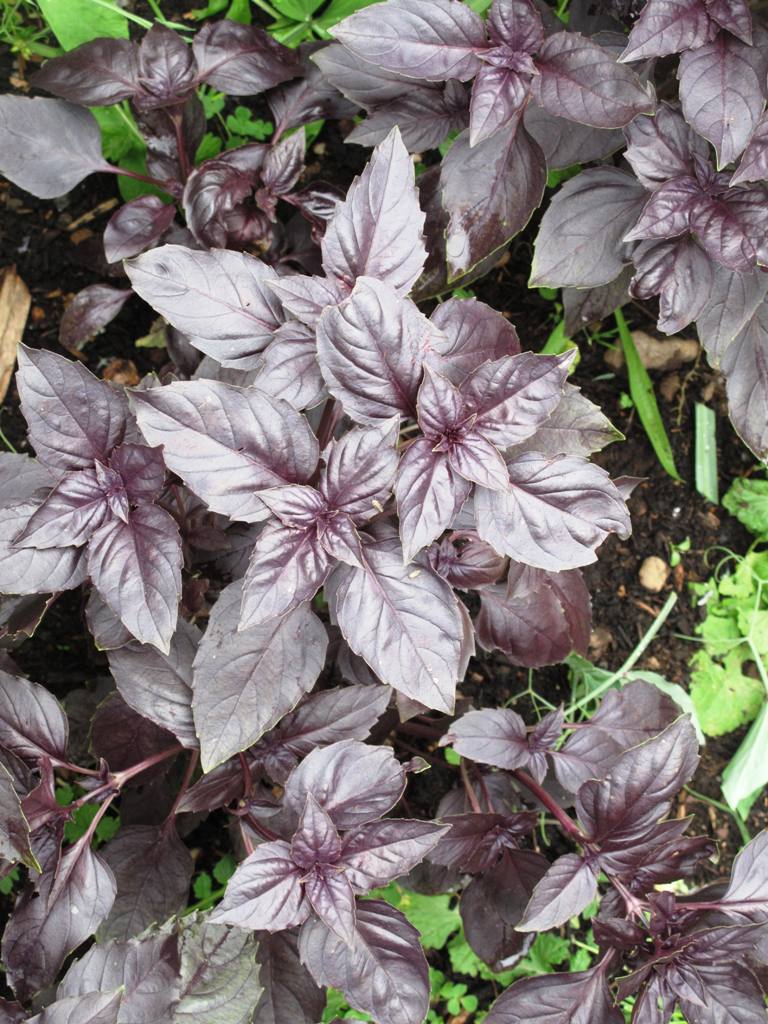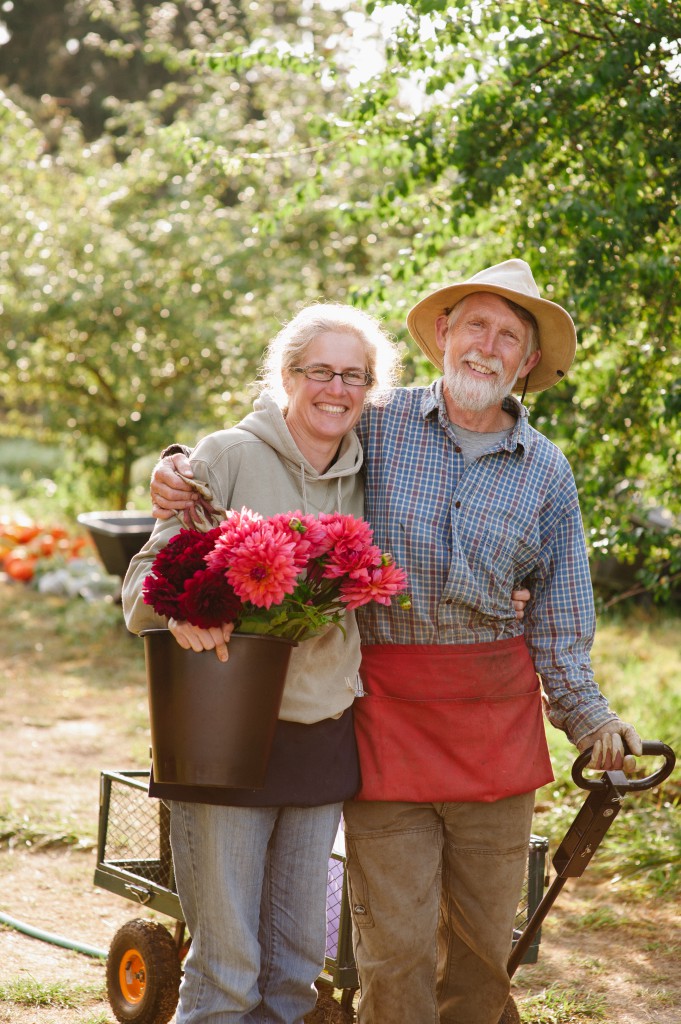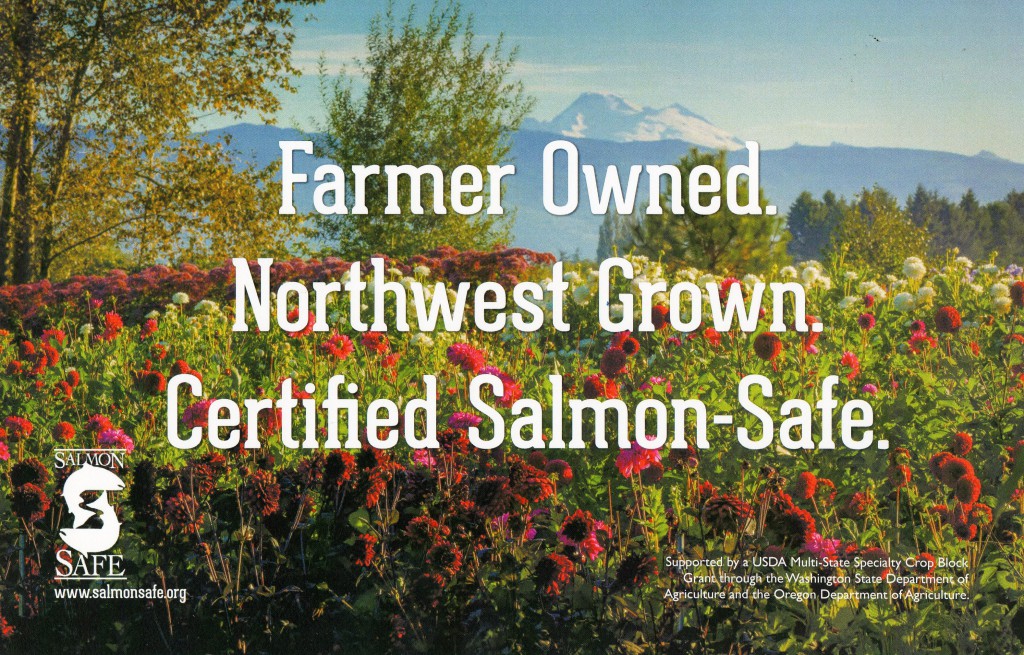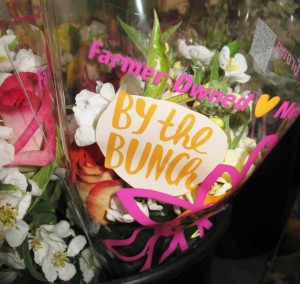Podcast: Play in new window | Download
Subscribe: Apple Podcasts | Podcast Index | RSS | More
I’ve experienced real joy in producing and hosting the Slow Flowers Podcast this past year.
You could say it’s purely selfish to have a personal, 30-minute conversation with an influential and interesting leader in the American floral industry, right?
Yet I am so happy to invite you to share in our dialogue; doing so has allowed flower farmers, floral designers and flower sellers to reach so many others by simply sharing their personal stories. And I sincerely hope that listeners who care about the source, seasonality and growing methods of the flowers they enjoy in their lives are inspired by the guests I’ve been able to feature this past year.
 Today’s delightful guest is McKenzie Powell, a young floral artist and event producer based in Seattle. I’ve been wanting to interview McKenzie for a couple of years. And too often, when we run into one another at the flower market, we promise, “let’s get together for coffee, okay?”
Today’s delightful guest is McKenzie Powell, a young floral artist and event producer based in Seattle. I’ve been wanting to interview McKenzie for a couple of years. And too often, when we run into one another at the flower market, we promise, “let’s get together for coffee, okay?”
This past week, we finally made that happen. McKenzie’s star is on the ascent. In just four years since she launched her studio, the work of this talented designer has been showcased twice in Martha Stewart Weddings, as well as in local bridal publications in our area like Seattle Bride and Seattle Met Bride & Groom. After recording our interview, she also sent me this link to a 2013 project of hers that landed on Martha Stewart’s Real Weddings’ blog.
She’s also been showcased on a gazillion websites, including but not limited to: Junebug, 100 Layer Cake, Coco & Kelly, Elizabeth Ann Designs, Style me Pretty, Once Wed, Apartment Therapy, Wedding Wire, and others.
McKenzie says this about her business: We are a boutique and floral event design studio located in Seattle, Washington, and available for travel. We bring flair, elegance, and creativity to each and every event – from an intimate dinner party to a grand affair. Our goal is to learn your story, your style, your vision – then design an event unique to you and incredibly beautiful.
McKenzie was raised among gardens and trained as a graphic designer. She brings a broad appreciation and knowledge of design to the floral and event industry, a niche that combines so much of what she enjoys and finds inspiring. Interiors, flowers, fashion, food, travel – they all seem to play an important part in a well-crafted and thoughtful event.
After two years working for an angel investment firm, planning large-scale corporate events, she launched McKenzie Powell Floral & Event Design, quickly earning a reputation for her lush, romantic designs. While her floral work may be what she is most notably known for, she encourages her clients to think beyond the centerpiece. Using an approach that considers the entire table, the entire environment, McKenzie creates truly beautiful events.
Her perfect lazy day is spent lakeside at her family’s cabin, in the company of a good book, a fresh grapefruit cocktail, and her handsome husband.
You can find and follow McKenzie at these places:
McKenzie on Facebook
McKenzie on Instagram
McKenzie on Twitter
McKenzie on Pinterest
We are coming up on a one year anniversary next week. I have a very special guest who is going to share a big announcement about American Grown Flowers, so be sure to tune in.
Last week, thanks to listeners like you, this podcast hit the 15,000 download mark and I couldn’t be more grateful. I truly appreciate the guests, listeners and sponsors who have supported the Slow Flowers Podcast with Debra Prinzing!!! Together, we’re changing the broken floral industry for the better!!
If you like what you hear, please consider logging onto Itunes and posting a listener review.
Until next week please join me in putting more American grown flowers on the table, one vase at a time.
The slow flowers podcast is engineered and edited by Hannah Holtgeerts and Andrew Wheatley. Learn more about their work at hhcreates.net.










